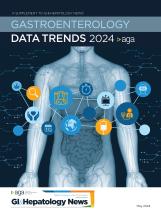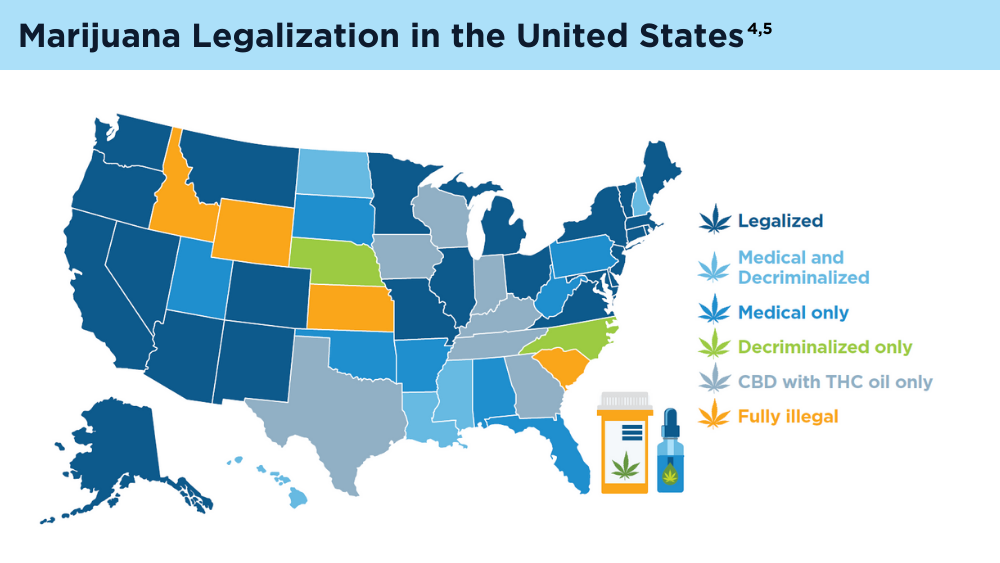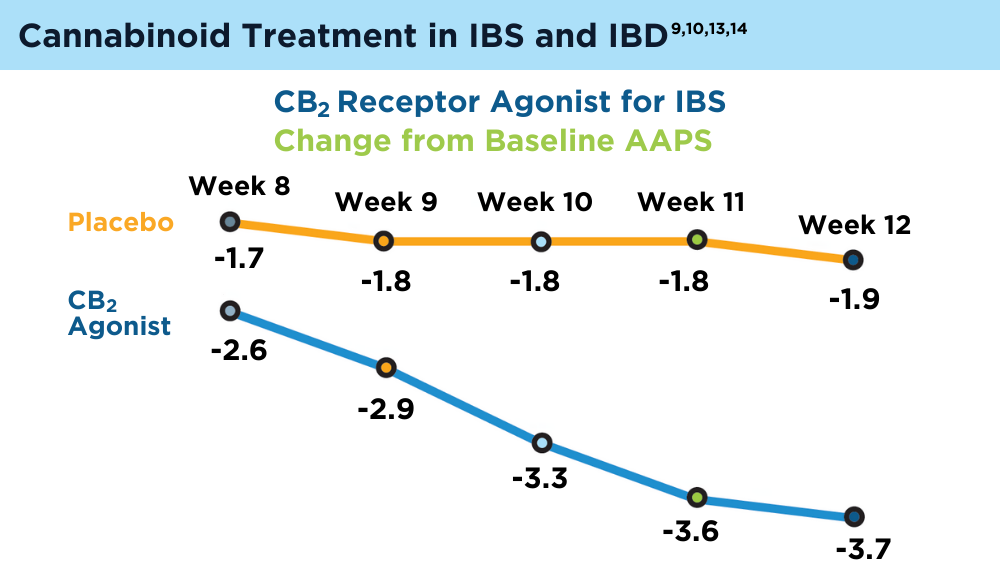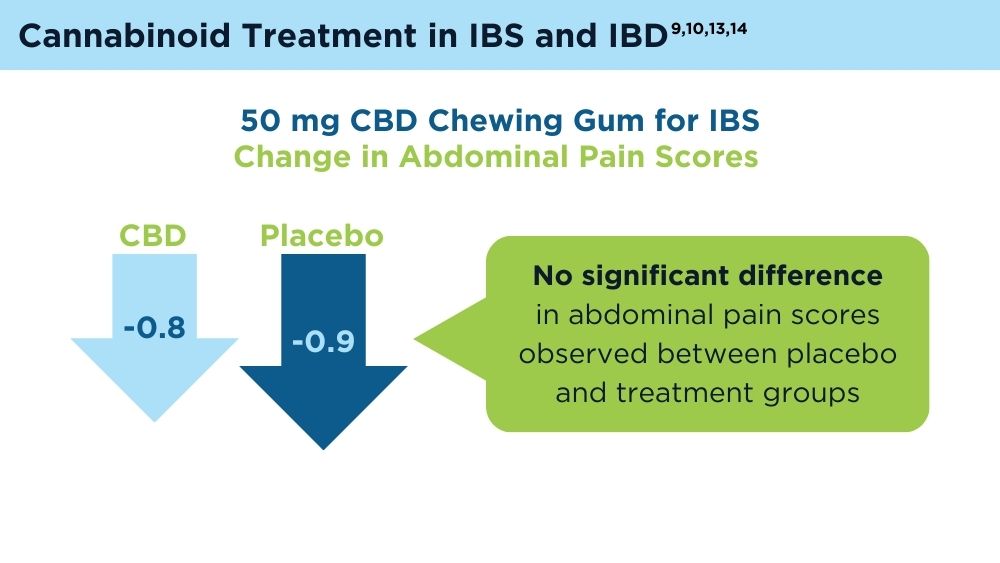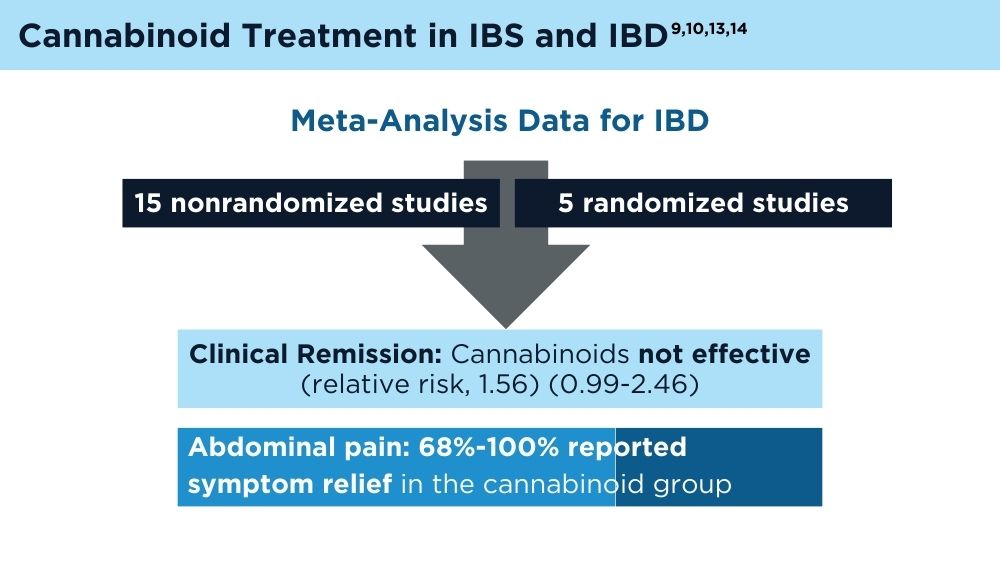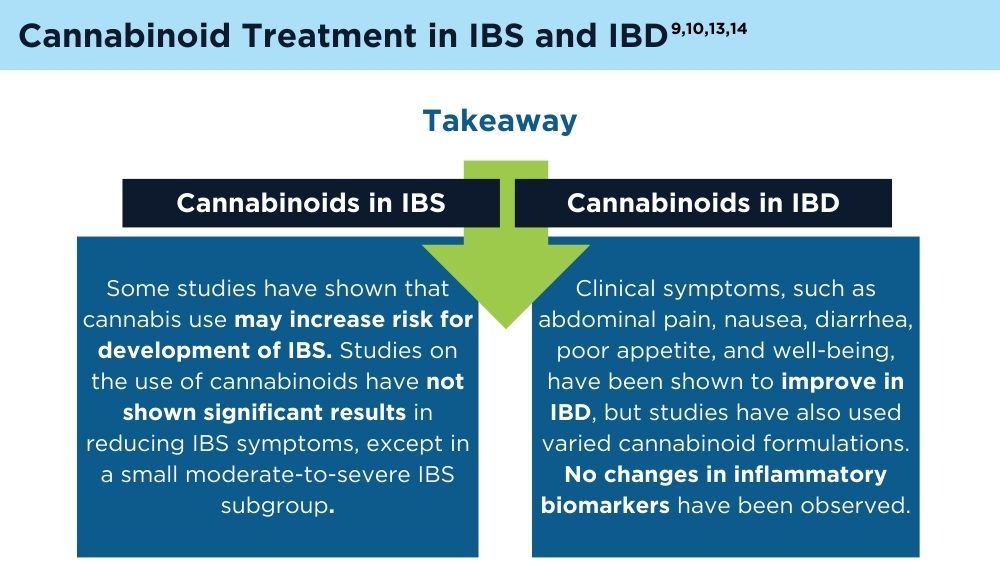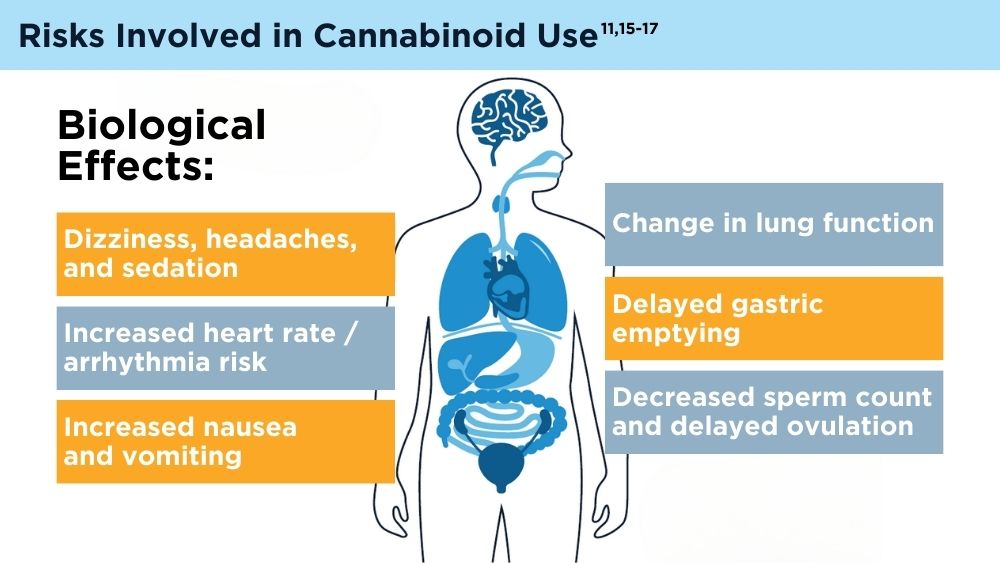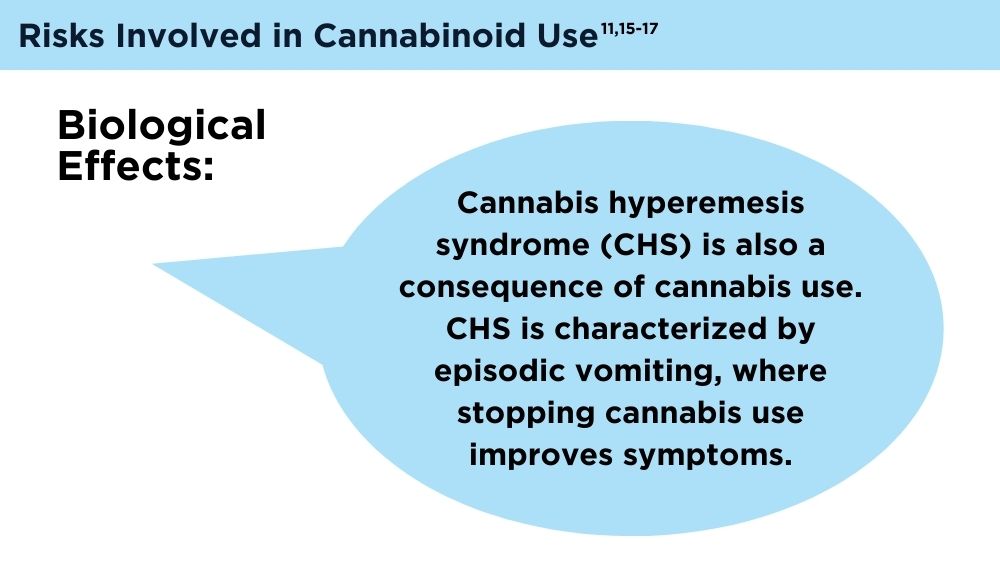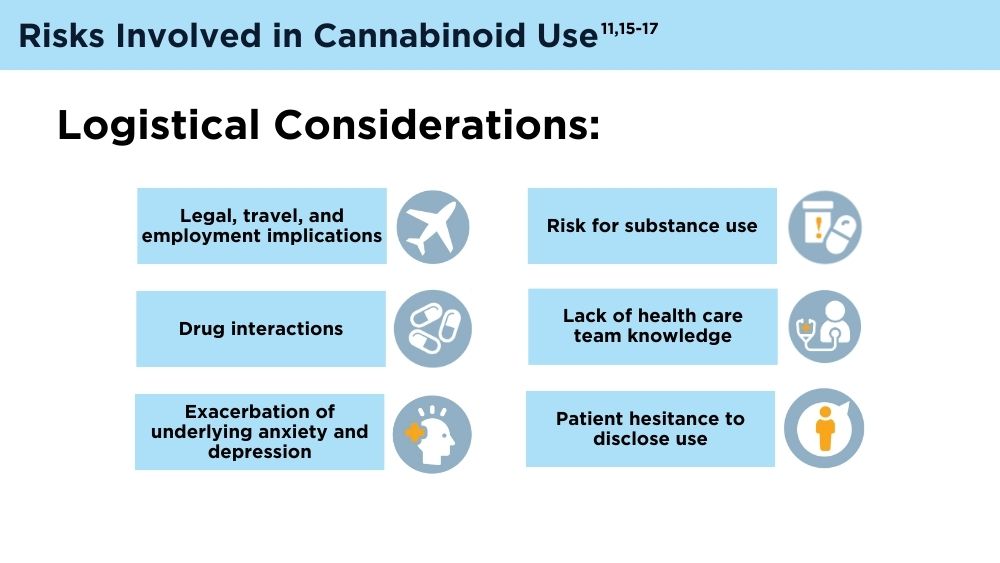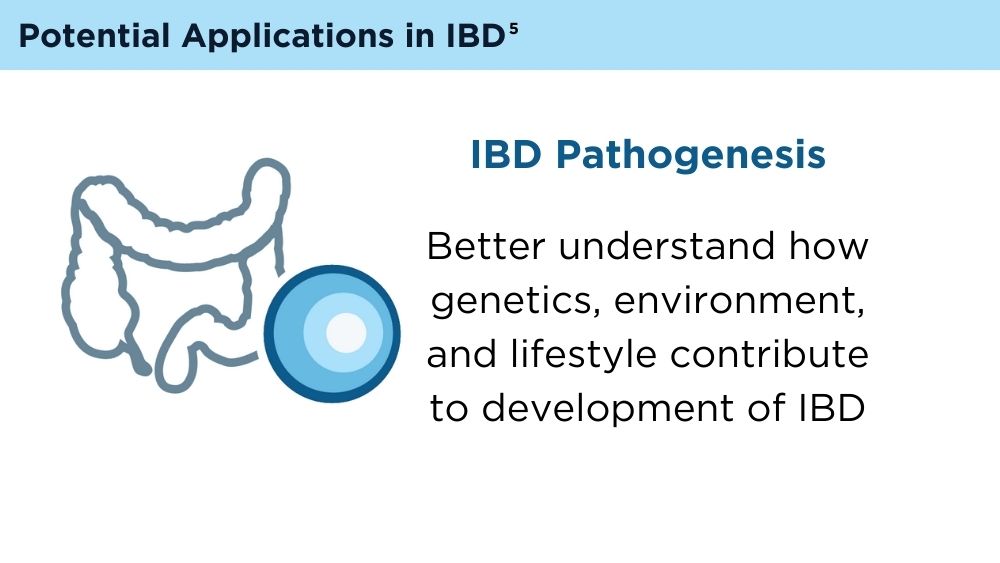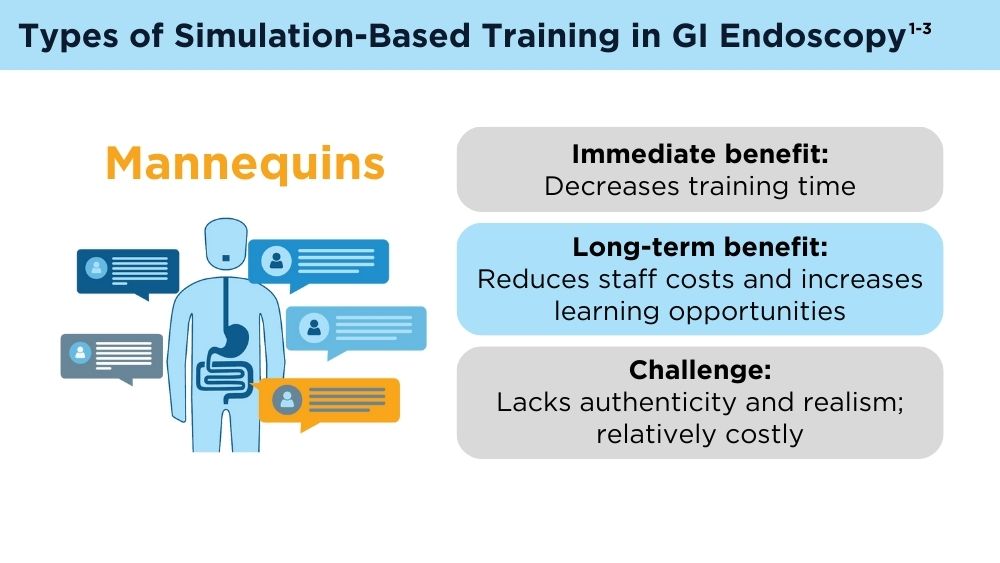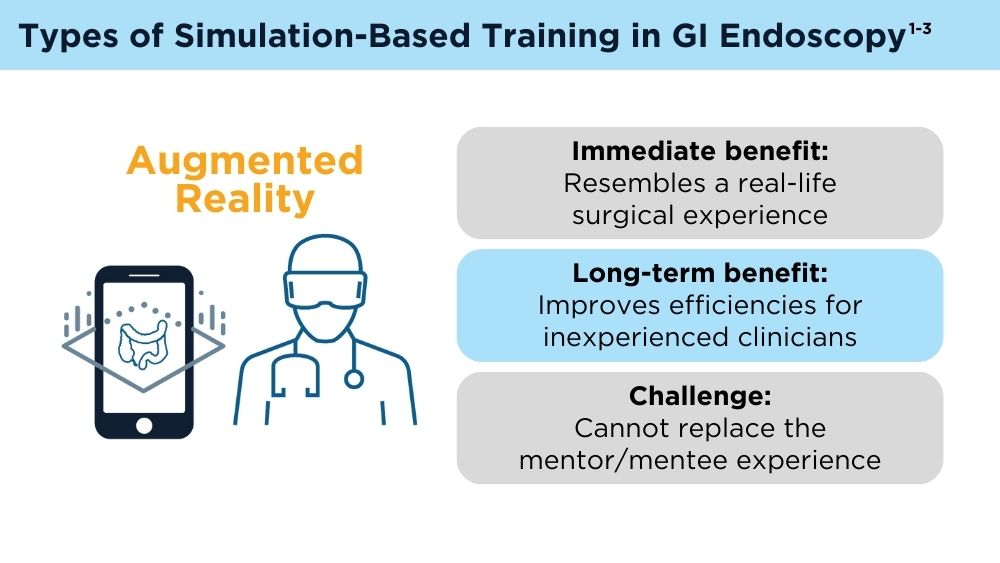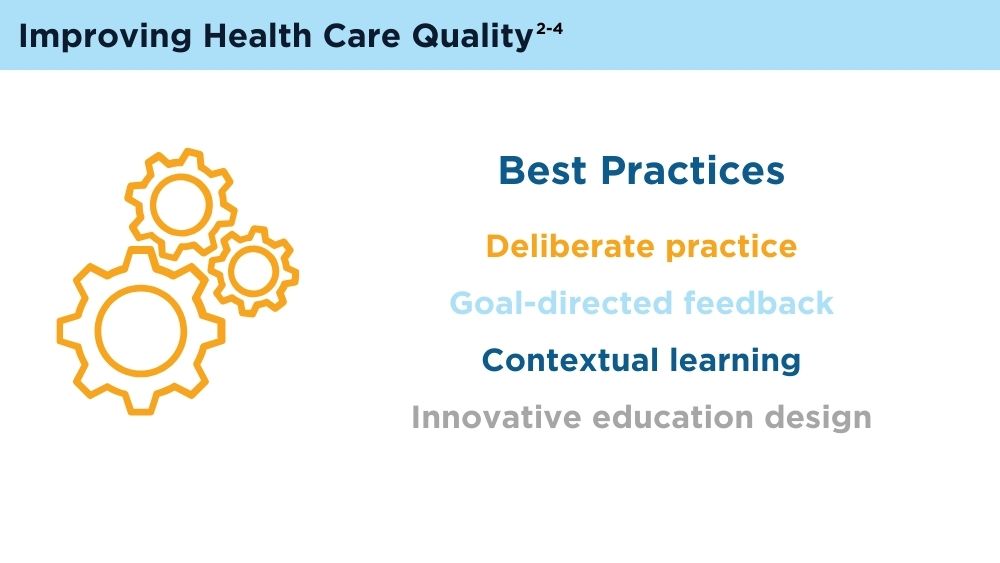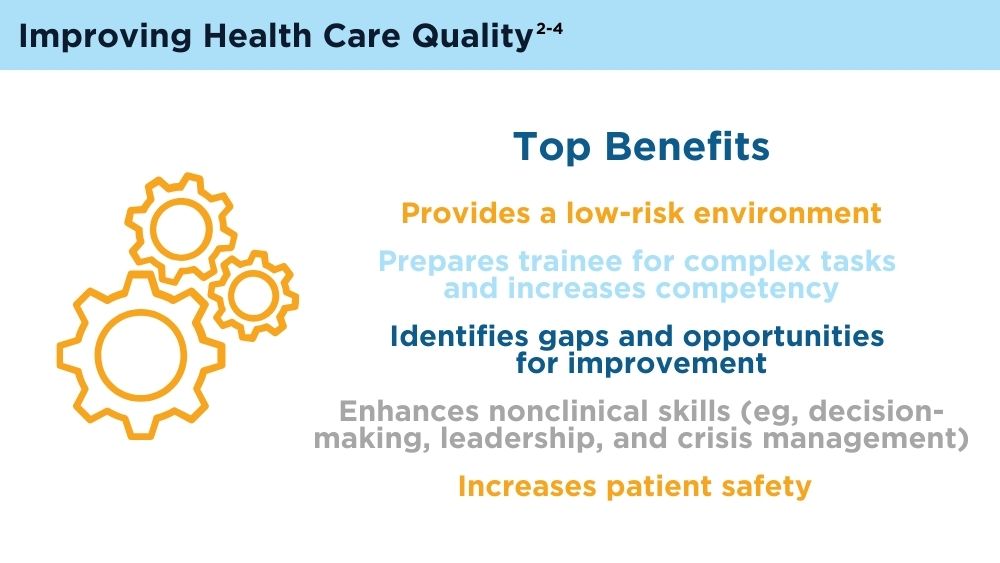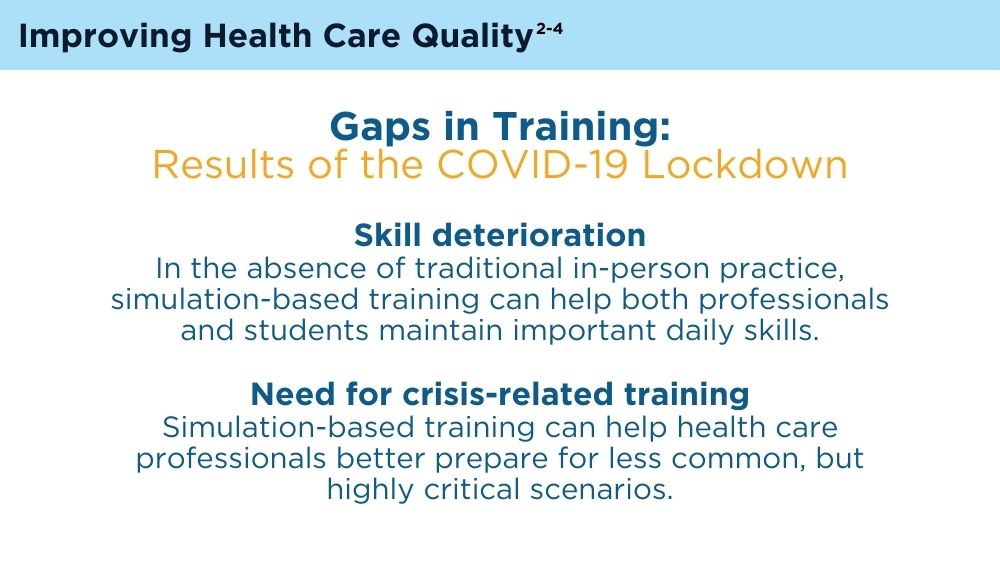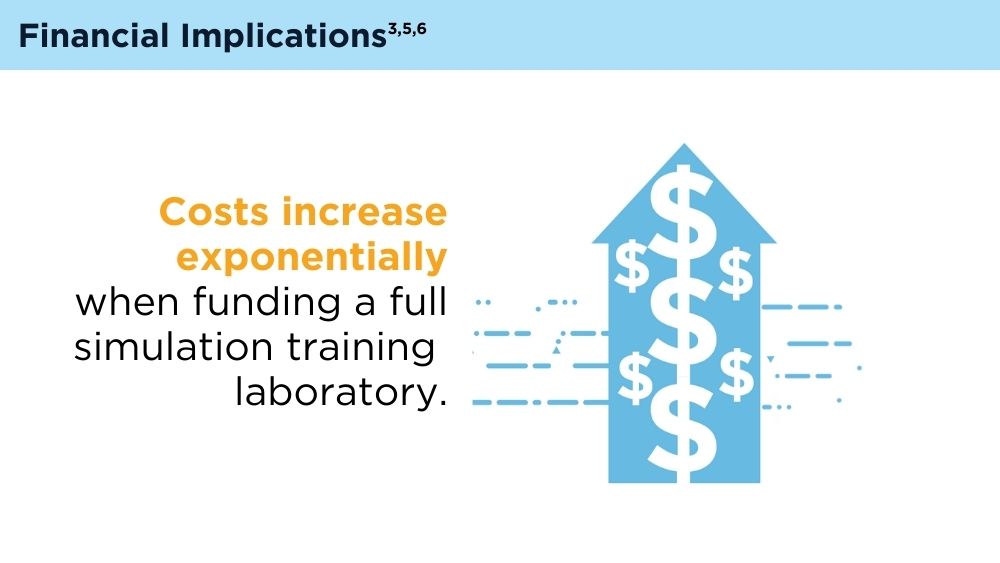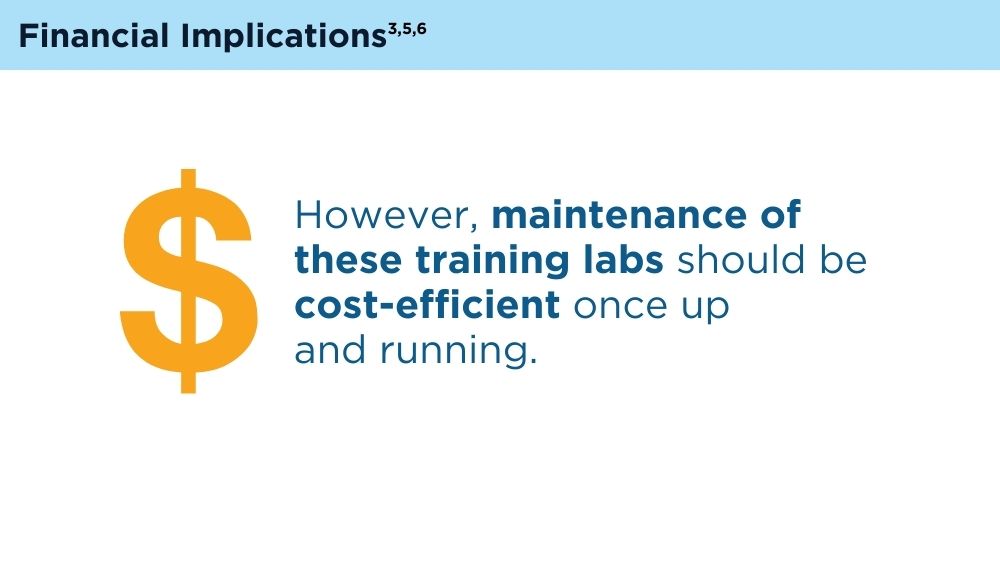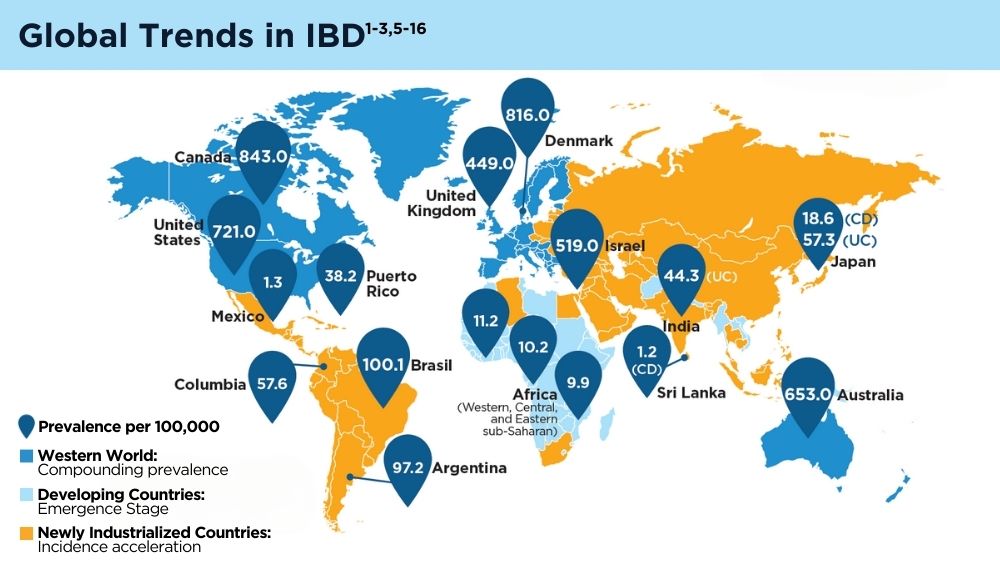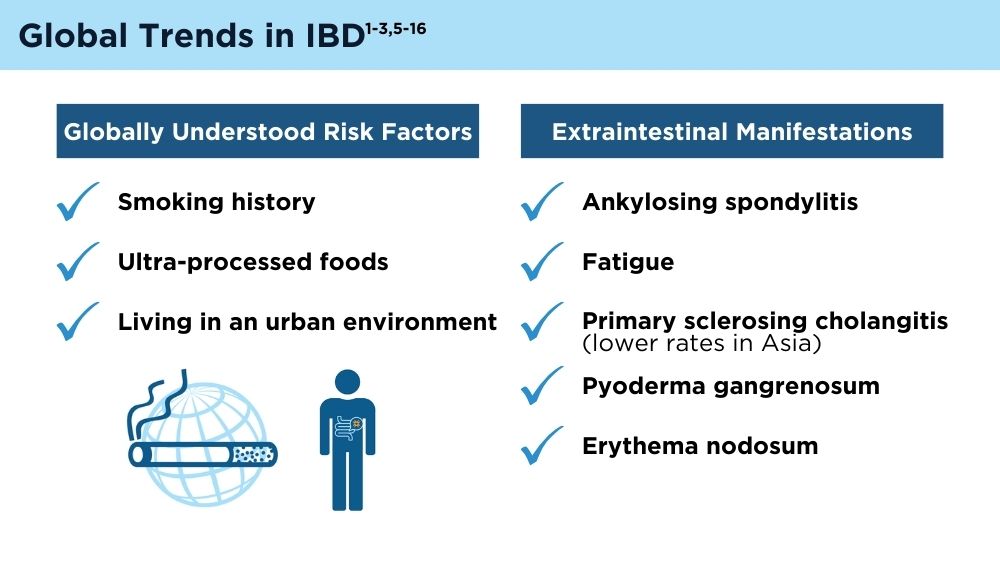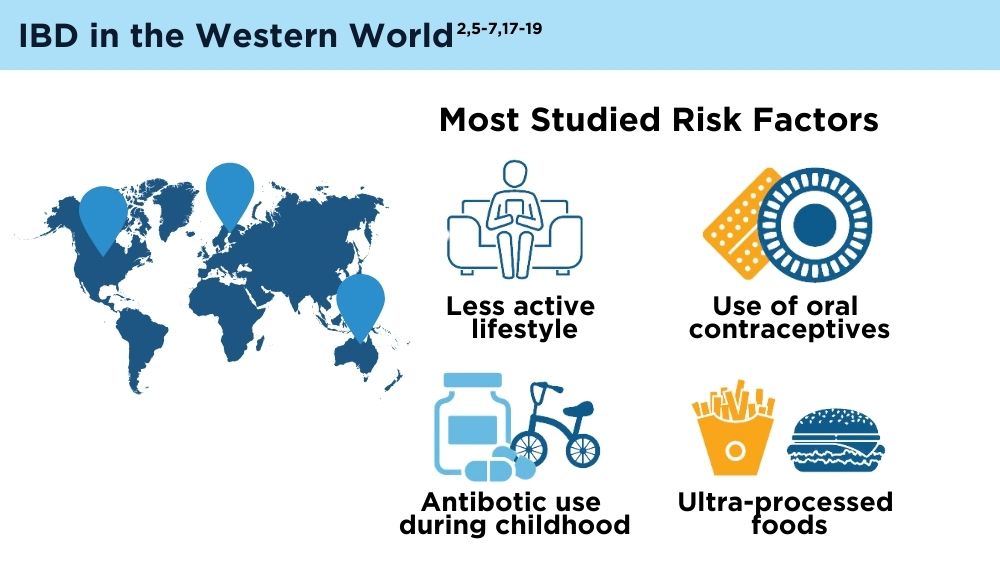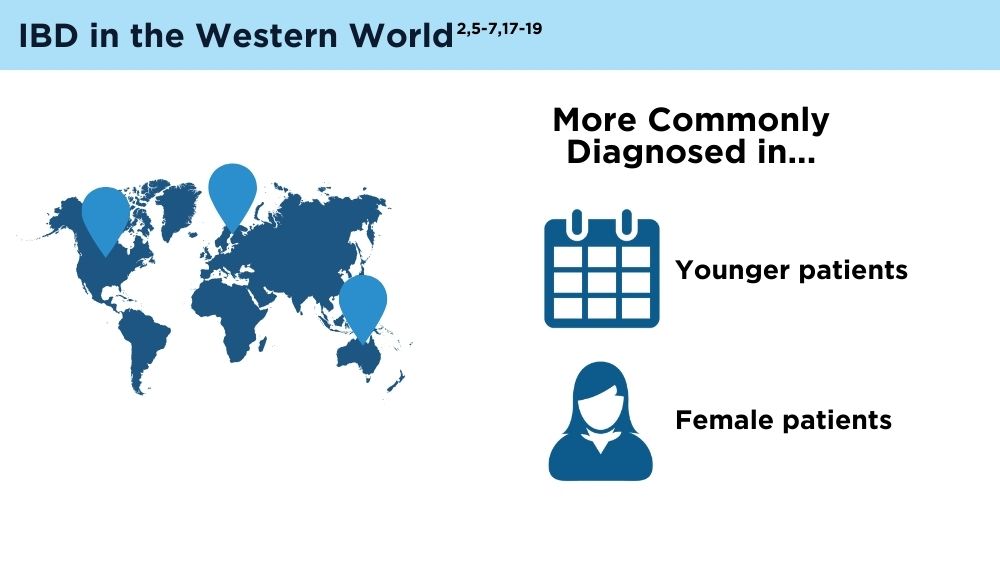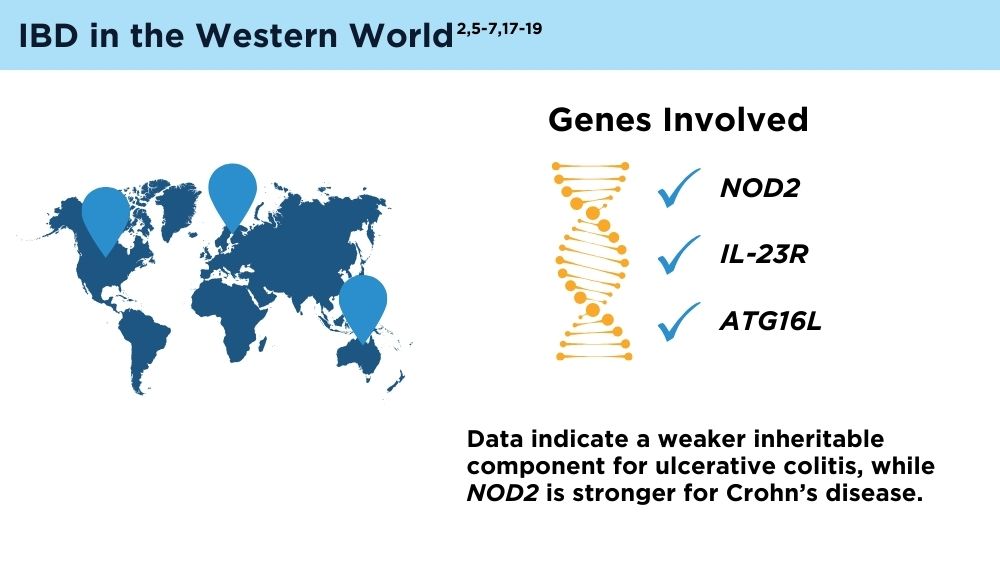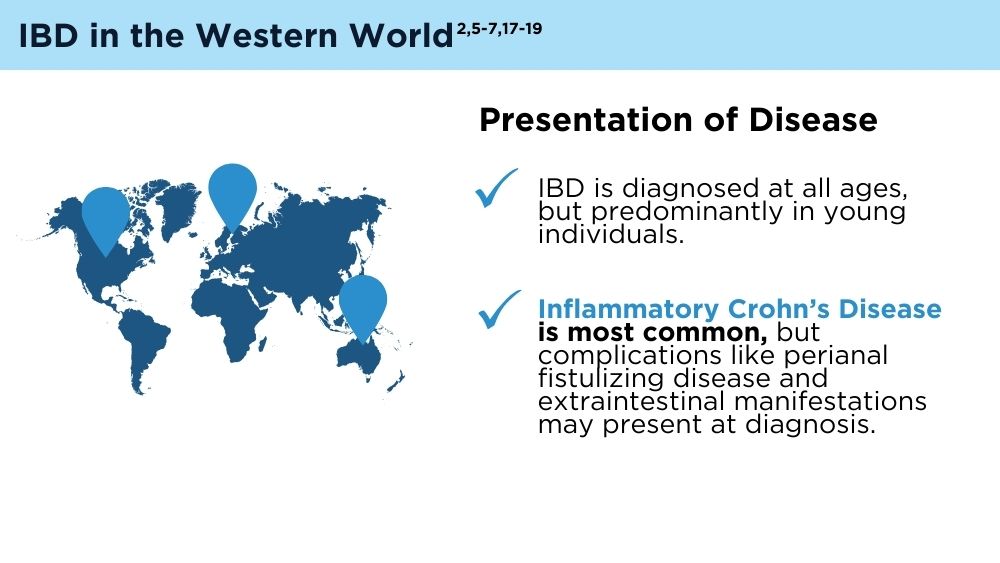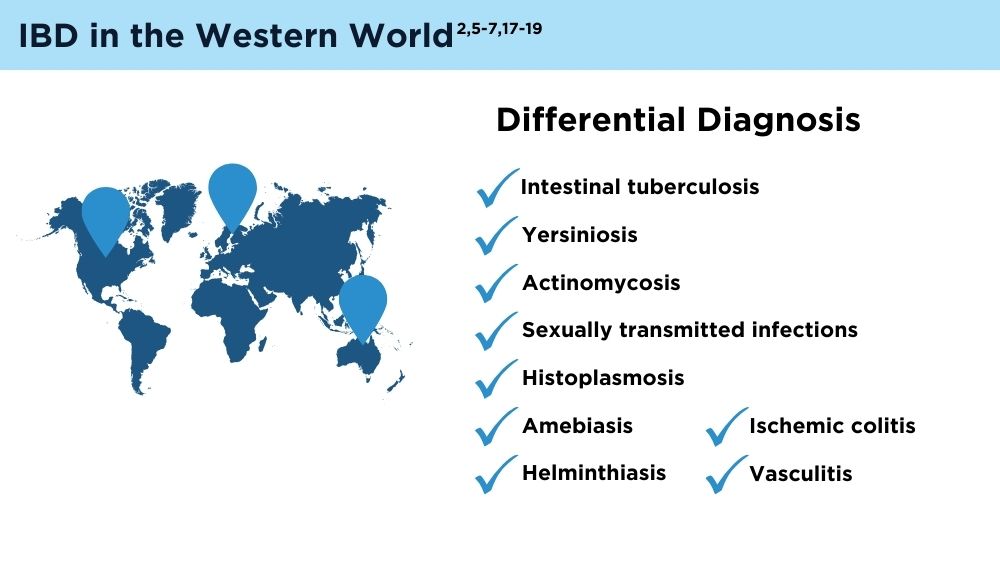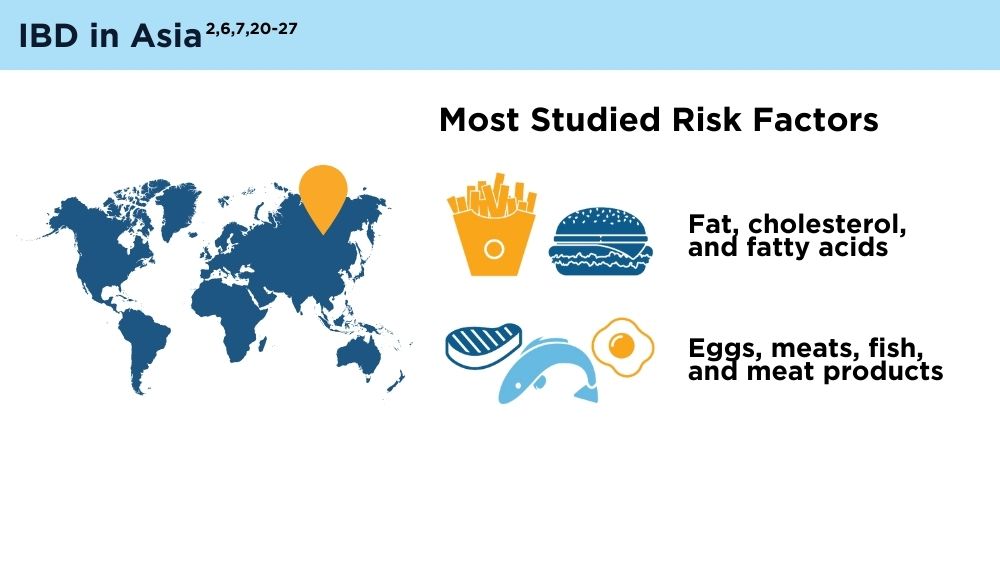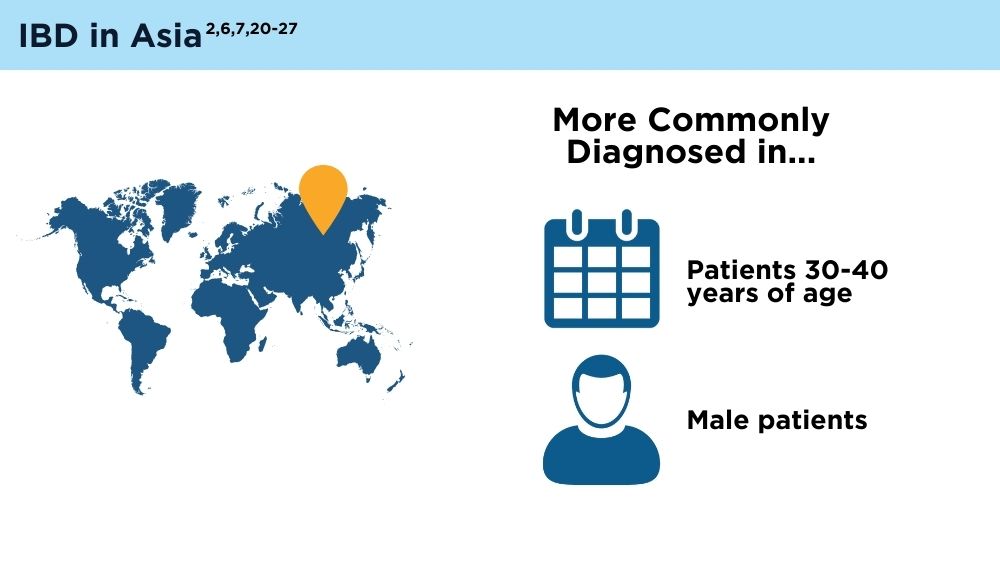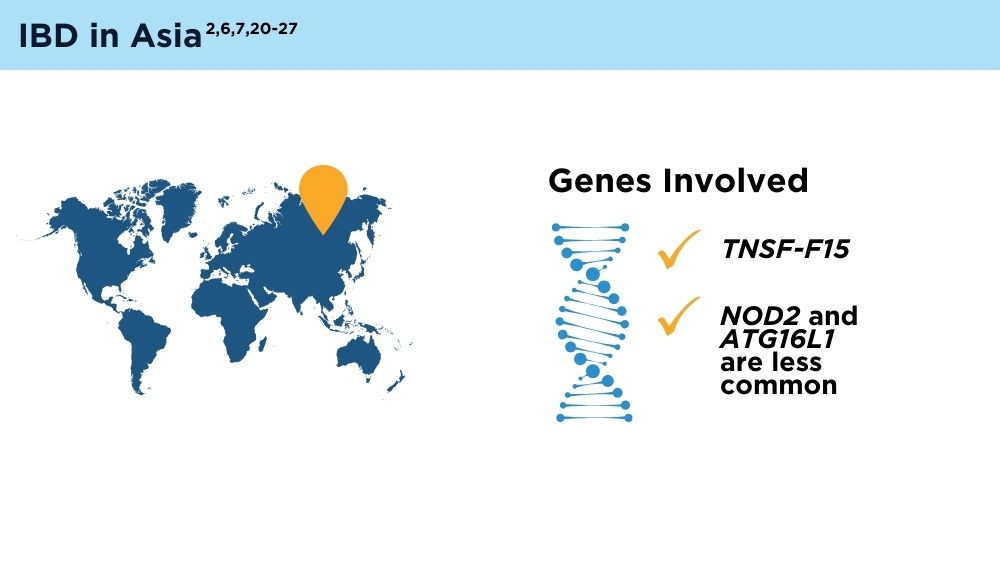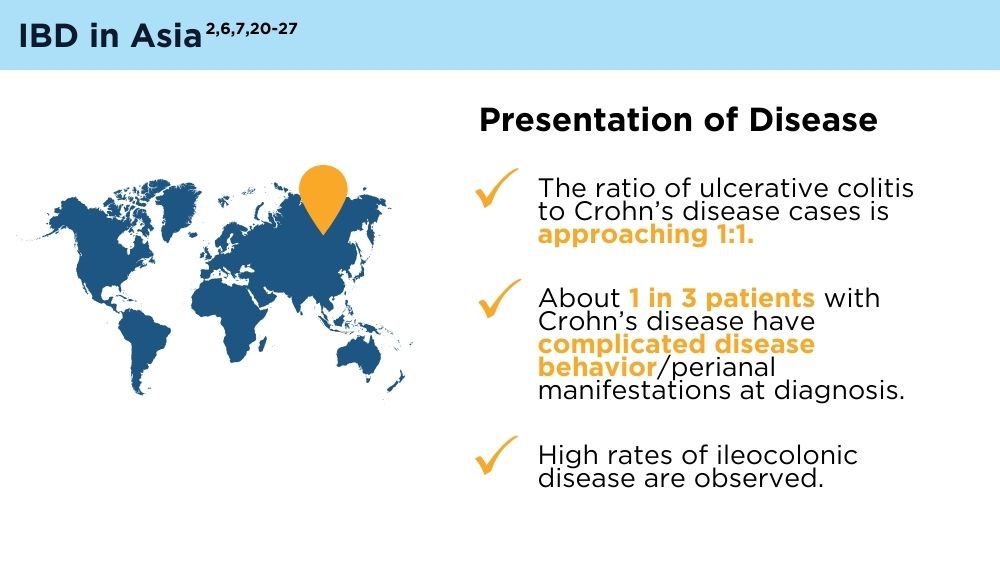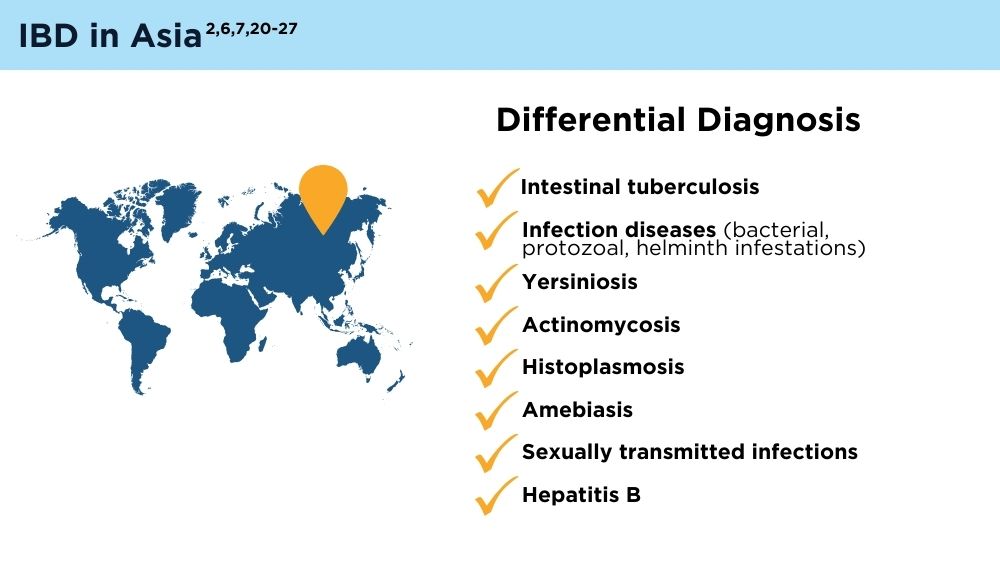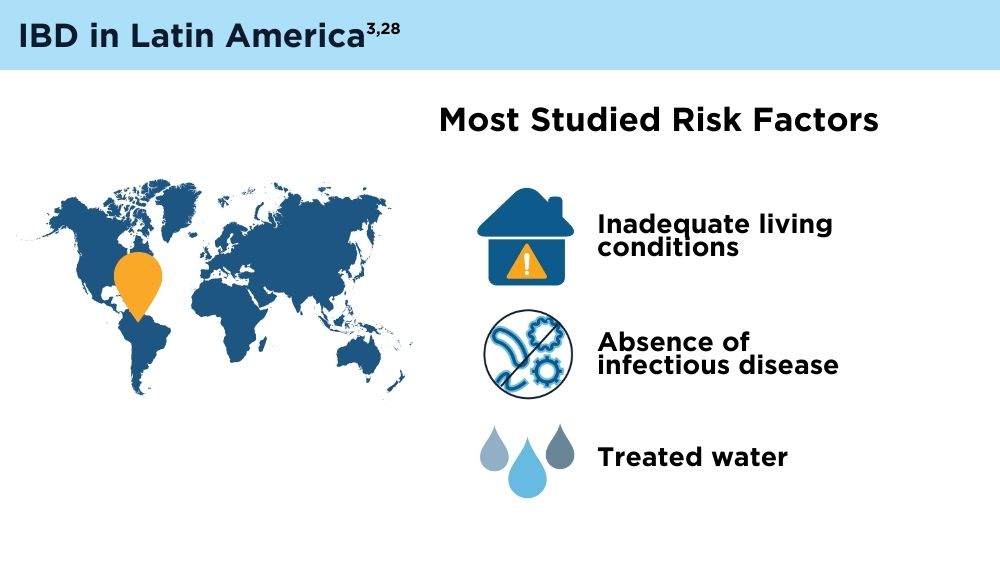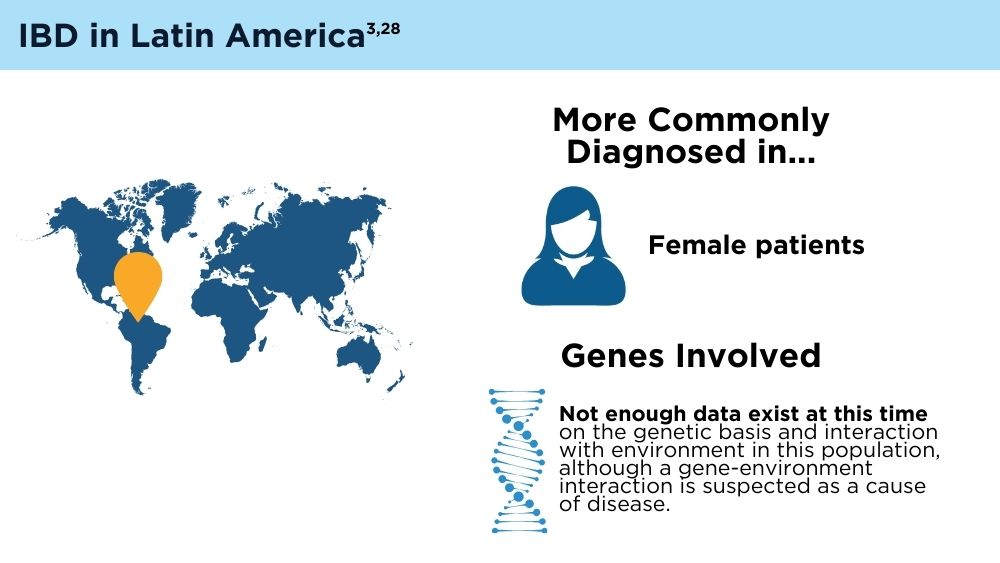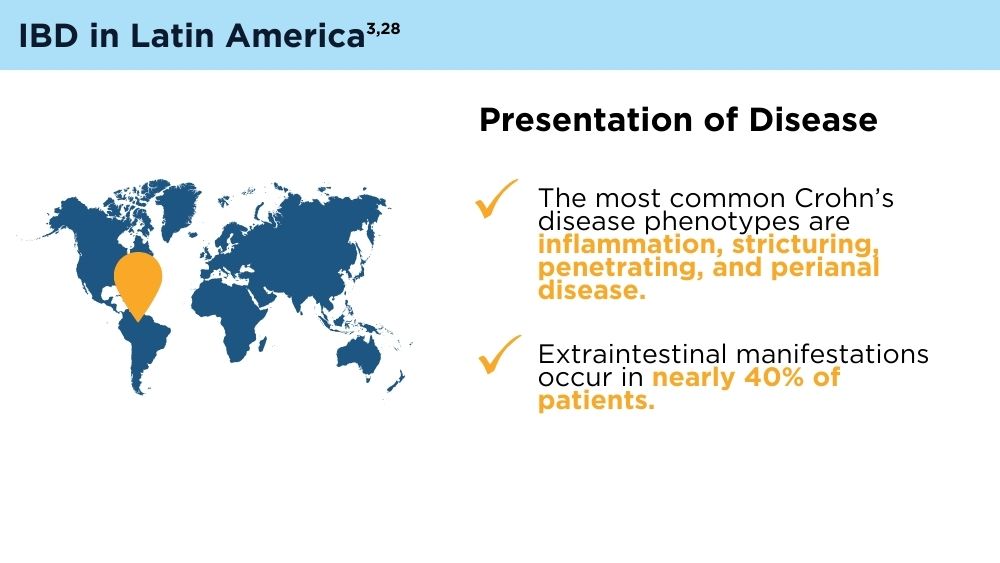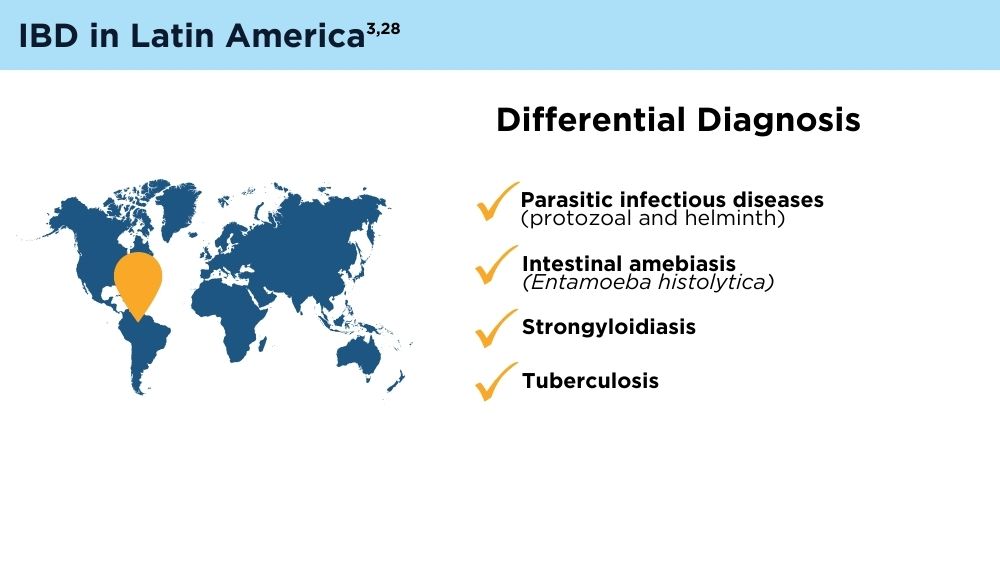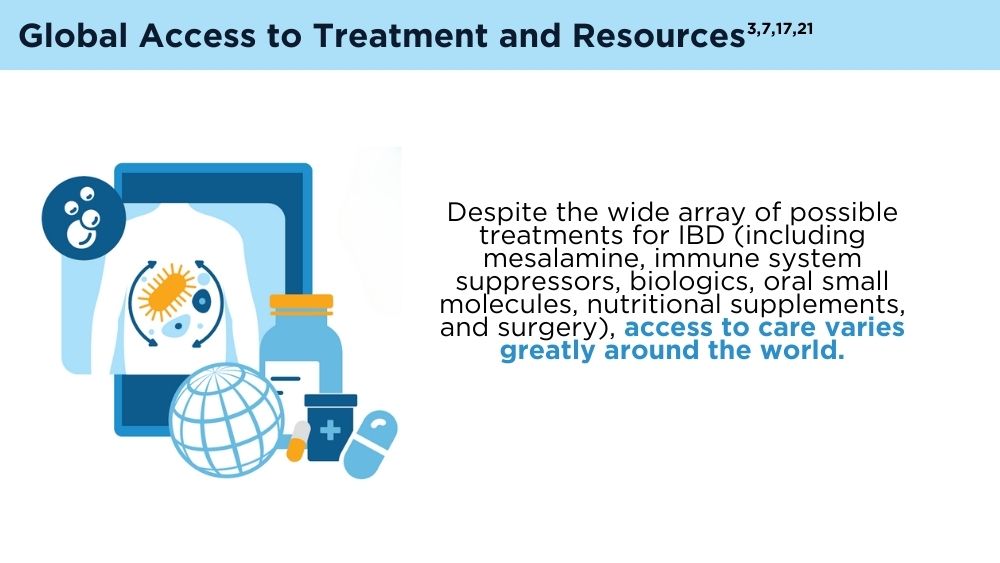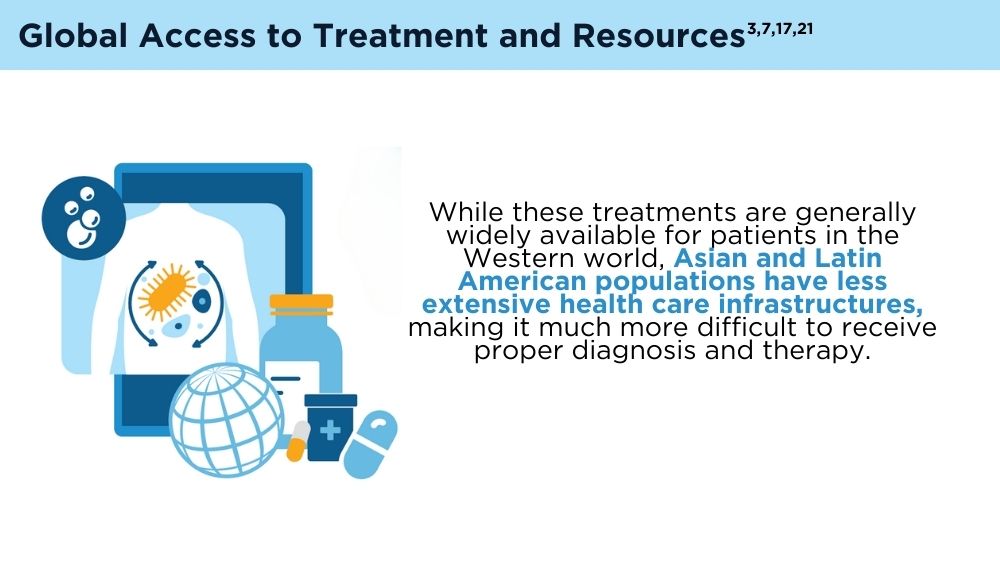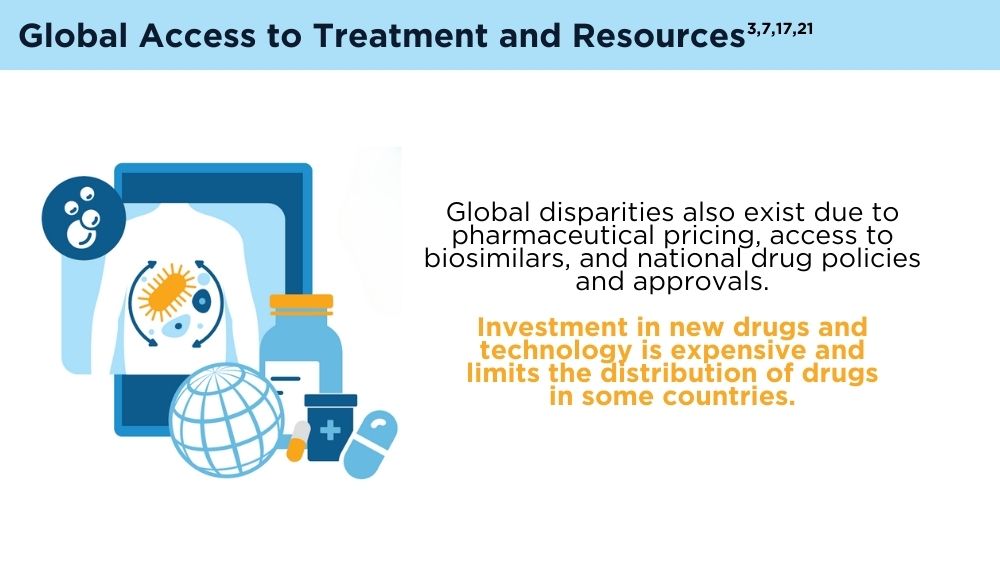User login
MS in Men: Unusual, and Unusually Challenging
NASHVILLE, TENNESSEE — Disease course, mental health, and social function may be different in male patients.
Among the clinical differences: Men may be diagnosed at an older age, often closer to 30 years of age, and they more often experience memory problems, spinal cord lesions, and motor symptoms. They are at higher risk of progressive-onset disease, but have lower relapse rates. Disability rates are higher in men than in women, but long-term survival is no different. Brain atrophy is also more common among men.
Not all MRI facilities will include brain atrophy assessment, so it is a good idea to put an order in for brain atrophy when there are reasons to be concerned, such as cognitive effects or issues with walking, according to Jeffrey Hernandez, DNP, during a talk at the annual meeting of the Consortium of Multiple Sclerosis Centers. Dr. Hernandez is affiliated with the University of Miami Multiple Sclerosis Center.
Addressing Sensitive Topics
Men may be less willing to discuss their symptoms, in part because they may have been raised to be tough and stoic. “Looking for help might make them feel more vulnerable,” said Dr. Hernandez. That’s not a feeling that most men are familiar with, he said. Men “don’t want to be deemed or seem weak or dependent on anyone.” Consequently, men are less likely to complain about any symptom, said Dr. Hernandez.
He advised asking more open-ended questions in an effort to draw men out. “Just ask how they’re doing. See if anything has changed from their usual habits, have their activities of daily living changed, has their work performance changed? That can give you an indication. One of my patients [said he] was demoted from [his] position, that the demotion was related to cognitive impairment and the way that he was working. That gives you an idea as to where you can help intervene and perhaps make an improvement for that patient’s quality of life, or consider switching treatments,” said Dr. Hernandez.
Men are less likely to report symptoms such as tingling, physical complaints, cognitive difficulties, mood changes, and sexual dysfunction. That doesn’t mean they’re not experiencing issues, though, especially when it comes to sexual problems. Dr. Hernandez recalled one patient who just stared out the window when asked about his sex life. “Then I said, the next time I want your wife to be here, and then she spilled the beans on everything. So it’s important sometimes to include other members of the family or their partners in the conversation to give you some insight. And perhaps that day it wasn’t a priority for him, but then the next time it was a priority for his wife,” he said.
He pointed out that erectile dysfunction could be due to a physiological response to MS, or to psychological effects.
Low testosterone levels may also play a role in MS, since it is a natural anti-inflammatory hormone. Hypogonadism has been found to be high among men with MS in some studies. MS in men is associated with more enhancing lesions, greater cognitive decline, and increased risk of disability, while high levels of testosterone are linked to neuroprotective effects and lower risk of developing MS.
Men with MS are more likely than women to report suicidal thoughts when depressed, and mental health can be taboo, as men may try to solve problems on their own before seeking help. “But a lot of the times they can use a little bit of help, whether it be from talk therapy or meds. With the expansion of telemedicine, virtual care has skyrocketed in psychiatry. I advocate strongly for it. Psychologytoday.com is a very common portal that I recommend so they can look up providers with their insurances, and they can see who gives in person versus virtual care. They can do it from the comfort of their car. I’ve had people in their car crying because they don’t want to be in their house when they talk to me,” said Dr. Hernandez.
Physical struggles can lead men to feel they’ve lost their independence, and that they are no longer the protector of the household. Divorce is common, which can lead to social isolation. One patient wanted to see Dr. Hernandez monthly, a request that he had to decline. “Sometimes they want to discuss these things and they just don’t have someone to talk to,” said Dr. Hernandez. Social support programs through the National MS Society, the MS Foundation, or the Multiple Sclerosis Association of America may sponsor local programs that could be beneficial.
Dr. Hernandez has no relevant financial disclosures.
NASHVILLE, TENNESSEE — Disease course, mental health, and social function may be different in male patients.
Among the clinical differences: Men may be diagnosed at an older age, often closer to 30 years of age, and they more often experience memory problems, spinal cord lesions, and motor symptoms. They are at higher risk of progressive-onset disease, but have lower relapse rates. Disability rates are higher in men than in women, but long-term survival is no different. Brain atrophy is also more common among men.
Not all MRI facilities will include brain atrophy assessment, so it is a good idea to put an order in for brain atrophy when there are reasons to be concerned, such as cognitive effects or issues with walking, according to Jeffrey Hernandez, DNP, during a talk at the annual meeting of the Consortium of Multiple Sclerosis Centers. Dr. Hernandez is affiliated with the University of Miami Multiple Sclerosis Center.
Addressing Sensitive Topics
Men may be less willing to discuss their symptoms, in part because they may have been raised to be tough and stoic. “Looking for help might make them feel more vulnerable,” said Dr. Hernandez. That’s not a feeling that most men are familiar with, he said. Men “don’t want to be deemed or seem weak or dependent on anyone.” Consequently, men are less likely to complain about any symptom, said Dr. Hernandez.
He advised asking more open-ended questions in an effort to draw men out. “Just ask how they’re doing. See if anything has changed from their usual habits, have their activities of daily living changed, has their work performance changed? That can give you an indication. One of my patients [said he] was demoted from [his] position, that the demotion was related to cognitive impairment and the way that he was working. That gives you an idea as to where you can help intervene and perhaps make an improvement for that patient’s quality of life, or consider switching treatments,” said Dr. Hernandez.
Men are less likely to report symptoms such as tingling, physical complaints, cognitive difficulties, mood changes, and sexual dysfunction. That doesn’t mean they’re not experiencing issues, though, especially when it comes to sexual problems. Dr. Hernandez recalled one patient who just stared out the window when asked about his sex life. “Then I said, the next time I want your wife to be here, and then she spilled the beans on everything. So it’s important sometimes to include other members of the family or their partners in the conversation to give you some insight. And perhaps that day it wasn’t a priority for him, but then the next time it was a priority for his wife,” he said.
He pointed out that erectile dysfunction could be due to a physiological response to MS, or to psychological effects.
Low testosterone levels may also play a role in MS, since it is a natural anti-inflammatory hormone. Hypogonadism has been found to be high among men with MS in some studies. MS in men is associated with more enhancing lesions, greater cognitive decline, and increased risk of disability, while high levels of testosterone are linked to neuroprotective effects and lower risk of developing MS.
Men with MS are more likely than women to report suicidal thoughts when depressed, and mental health can be taboo, as men may try to solve problems on their own before seeking help. “But a lot of the times they can use a little bit of help, whether it be from talk therapy or meds. With the expansion of telemedicine, virtual care has skyrocketed in psychiatry. I advocate strongly for it. Psychologytoday.com is a very common portal that I recommend so they can look up providers with their insurances, and they can see who gives in person versus virtual care. They can do it from the comfort of their car. I’ve had people in their car crying because they don’t want to be in their house when they talk to me,” said Dr. Hernandez.
Physical struggles can lead men to feel they’ve lost their independence, and that they are no longer the protector of the household. Divorce is common, which can lead to social isolation. One patient wanted to see Dr. Hernandez monthly, a request that he had to decline. “Sometimes they want to discuss these things and they just don’t have someone to talk to,” said Dr. Hernandez. Social support programs through the National MS Society, the MS Foundation, or the Multiple Sclerosis Association of America may sponsor local programs that could be beneficial.
Dr. Hernandez has no relevant financial disclosures.
NASHVILLE, TENNESSEE — Disease course, mental health, and social function may be different in male patients.
Among the clinical differences: Men may be diagnosed at an older age, often closer to 30 years of age, and they more often experience memory problems, spinal cord lesions, and motor symptoms. They are at higher risk of progressive-onset disease, but have lower relapse rates. Disability rates are higher in men than in women, but long-term survival is no different. Brain atrophy is also more common among men.
Not all MRI facilities will include brain atrophy assessment, so it is a good idea to put an order in for brain atrophy when there are reasons to be concerned, such as cognitive effects or issues with walking, according to Jeffrey Hernandez, DNP, during a talk at the annual meeting of the Consortium of Multiple Sclerosis Centers. Dr. Hernandez is affiliated with the University of Miami Multiple Sclerosis Center.
Addressing Sensitive Topics
Men may be less willing to discuss their symptoms, in part because they may have been raised to be tough and stoic. “Looking for help might make them feel more vulnerable,” said Dr. Hernandez. That’s not a feeling that most men are familiar with, he said. Men “don’t want to be deemed or seem weak or dependent on anyone.” Consequently, men are less likely to complain about any symptom, said Dr. Hernandez.
He advised asking more open-ended questions in an effort to draw men out. “Just ask how they’re doing. See if anything has changed from their usual habits, have their activities of daily living changed, has their work performance changed? That can give you an indication. One of my patients [said he] was demoted from [his] position, that the demotion was related to cognitive impairment and the way that he was working. That gives you an idea as to where you can help intervene and perhaps make an improvement for that patient’s quality of life, or consider switching treatments,” said Dr. Hernandez.
Men are less likely to report symptoms such as tingling, physical complaints, cognitive difficulties, mood changes, and sexual dysfunction. That doesn’t mean they’re not experiencing issues, though, especially when it comes to sexual problems. Dr. Hernandez recalled one patient who just stared out the window when asked about his sex life. “Then I said, the next time I want your wife to be here, and then she spilled the beans on everything. So it’s important sometimes to include other members of the family or their partners in the conversation to give you some insight. And perhaps that day it wasn’t a priority for him, but then the next time it was a priority for his wife,” he said.
He pointed out that erectile dysfunction could be due to a physiological response to MS, or to psychological effects.
Low testosterone levels may also play a role in MS, since it is a natural anti-inflammatory hormone. Hypogonadism has been found to be high among men with MS in some studies. MS in men is associated with more enhancing lesions, greater cognitive decline, and increased risk of disability, while high levels of testosterone are linked to neuroprotective effects and lower risk of developing MS.
Men with MS are more likely than women to report suicidal thoughts when depressed, and mental health can be taboo, as men may try to solve problems on their own before seeking help. “But a lot of the times they can use a little bit of help, whether it be from talk therapy or meds. With the expansion of telemedicine, virtual care has skyrocketed in psychiatry. I advocate strongly for it. Psychologytoday.com is a very common portal that I recommend so they can look up providers with their insurances, and they can see who gives in person versus virtual care. They can do it from the comfort of their car. I’ve had people in their car crying because they don’t want to be in their house when they talk to me,” said Dr. Hernandez.
Physical struggles can lead men to feel they’ve lost their independence, and that they are no longer the protector of the household. Divorce is common, which can lead to social isolation. One patient wanted to see Dr. Hernandez monthly, a request that he had to decline. “Sometimes they want to discuss these things and they just don’t have someone to talk to,” said Dr. Hernandez. Social support programs through the National MS Society, the MS Foundation, or the Multiple Sclerosis Association of America may sponsor local programs that could be beneficial.
Dr. Hernandez has no relevant financial disclosures.
FROM CMSC 2024
Gastroenterology Data Trends 2024
GI&Hepatology News and the American Gastroenterological Association present the 2024 issue of Gastroenterology Data Trends, a special report on hot GI topics told through original infographics and visual storytelling.
In this issue:
- Eosinophilic Gastrointestinal Diseases: Beyond EoE
Nirmala Gonsalves, MD, AGAF, FACG - The Changing Face of IBD: Beyond the Western World
Gilaad G. Kaplan, MD, MPH, AGAF; Paulo Kotze, MD, MS, PhD; Siew C. Ng, MBBS, PhD, AGAF - Role of Non-invasive Biomarkers in the Evaluation and Management of MASLD
Julia J. Wattacheril, MD, MPH - The Emerging Role of Liquid Biopsy in the Diagnosis and Management of CRC
David Lieberman, MD, AGAF - Cannabinoids and Digestive Disorders
Jami A. Kinnucan, MD, AGAF, FACG - AI and Machine Learning in IBD: Promising Applications and Remaining Challenges
Shirley Cohen-Mekelburg, MD, MS - Simulation-Based Training in Endoscopy: Benefits and Challenges
Richa Shukla, MD - Fluid Management in Acute Pancreatitis
Jorge D. Machicado, MD, MPH
GI&Hepatology News and the American Gastroenterological Association present the 2024 issue of Gastroenterology Data Trends, a special report on hot GI topics told through original infographics and visual storytelling.
In this issue:
- Eosinophilic Gastrointestinal Diseases: Beyond EoE
Nirmala Gonsalves, MD, AGAF, FACG - The Changing Face of IBD: Beyond the Western World
Gilaad G. Kaplan, MD, MPH, AGAF; Paulo Kotze, MD, MS, PhD; Siew C. Ng, MBBS, PhD, AGAF - Role of Non-invasive Biomarkers in the Evaluation and Management of MASLD
Julia J. Wattacheril, MD, MPH - The Emerging Role of Liquid Biopsy in the Diagnosis and Management of CRC
David Lieberman, MD, AGAF - Cannabinoids and Digestive Disorders
Jami A. Kinnucan, MD, AGAF, FACG - AI and Machine Learning in IBD: Promising Applications and Remaining Challenges
Shirley Cohen-Mekelburg, MD, MS - Simulation-Based Training in Endoscopy: Benefits and Challenges
Richa Shukla, MD - Fluid Management in Acute Pancreatitis
Jorge D. Machicado, MD, MPH
GI&Hepatology News and the American Gastroenterological Association present the 2024 issue of Gastroenterology Data Trends, a special report on hot GI topics told through original infographics and visual storytelling.
In this issue:
- Eosinophilic Gastrointestinal Diseases: Beyond EoE
Nirmala Gonsalves, MD, AGAF, FACG - The Changing Face of IBD: Beyond the Western World
Gilaad G. Kaplan, MD, MPH, AGAF; Paulo Kotze, MD, MS, PhD; Siew C. Ng, MBBS, PhD, AGAF - Role of Non-invasive Biomarkers in the Evaluation and Management of MASLD
Julia J. Wattacheril, MD, MPH - The Emerging Role of Liquid Biopsy in the Diagnosis and Management of CRC
David Lieberman, MD, AGAF - Cannabinoids and Digestive Disorders
Jami A. Kinnucan, MD, AGAF, FACG - AI and Machine Learning in IBD: Promising Applications and Remaining Challenges
Shirley Cohen-Mekelburg, MD, MS - Simulation-Based Training in Endoscopy: Benefits and Challenges
Richa Shukla, MD - Fluid Management in Acute Pancreatitis
Jorge D. Machicado, MD, MPH
‘Groundbreaking’ Trial Shows Survival Benefits in Lung Cancer
These are results of the ADRIATIC trial, the first planned interim analysis of the randomized, phase 3, double-blind, placebo-controlled multicenter study comparing the PD-L 1 antibody durvalumab vs placebo in patients with stage I-III limited stage disease and prior concurrent chemoradiotherapy.
Lead author David R. Spigel, MD, drew several rounds of applause from an enthusiastic audience when he presented this data, at the plenary session of the annual meeting of the American Society for Clinical Oncology (ASCO) in Chicago.
“ADRIATIC is the first positive, global phase 3 trial of immunotherapy in limited stage SCLC,” said Lauren Byers, MD, the discussant in the session.
“This groundbreaking trial sets a new standard of care with consolidative durvalumab following concurrent chemoradiation,” continued Dr. Byers, who is professor and thoracic section chief in the Department of Thoracic/Head and Neck Medical Oncology at the University of Texas MD Andersen Cancer Center in Houston, Texas.
ADRIATIC Methods and Results
The new study enrolled 730 patients and randomized them between 1 and 42 days after concurrent chemoradiation to one of three treatments: durvalumab 1500 mg; durvalumab plus tremelimumab 75 mg; or placebo. Treatment was continued for a maximum of 24 months, or until progression or intolerable toxicity.
The study had dual primary endpoints of overall survival (OS) and progression-free survival (PFS) for durvalumab vs placebo. The researchers have not yet looked at the results for the secondary endpoints of OS and PFS for patients treated with durvalumab plus tremelimumab vs placebo.
After a median follow-up of 3 years, there was a median OS of 55.9 months in the durvalumab-treated patients, compared with 33.4 months in the placebo arm (hazard ratio [HR], 0.73), and, at a median follow-up of 2 years, there was median PFS of 16.6 months vs 9.2 months respectively (HR, 0.76).
New Standard of Care for Patients with LS-SCLC
“This study had a very good safety profile,” said Dr. Spigel, who is also a medical oncologist and the chief scientific officer at Sarah Cannon Research Institute in Nashville, Tennessee, during his presentation.
“Looking at severe grade 3 or 4 events, these were nearly identical in either arm at 24%. Looking at any-grade immune-mediated AEs, these were 31.2% and 10.2% respectively, and then looking at radiation pneumonitis or pneumonitis, the rates were 38.2% in the durvalumab arm, compared with 30.2% in the placebo arm,” Dr. Spigel said.
Noting that there have been no major advances in the treatment of LS-SCLC for several decades, with most patients experiencing recurrences within 2 years of the cCRT standard of care, Dr. Spigel said “consolidation durvalumab will become the new standard of care for patients with LS-SCLC who have not progressed after cCRT.”
Toby Campbell, MD, a thoracic oncologist, who is professor and chief of Palliative Care at the University of Wisconsin, in Madison, Wisconsin, agrees.
“I take care of patients with small cell lung cancer, an aggressive cancer with high symptom burden that devastates patients and families in its wake,” said Dr. Campbell, during an interview. “About 15% of patients luckily present when the cancer is still contained in the chest and is potentially curable. However, with current treatments we give, which include chemotherapy together with radiation, we are ‘successful’ at curing one in four people.
“This study presents a new treatment option which makes a big difference to patients like mine,” Dr. Campbell continued. “For example, at the 2-year time point, nearly half of patients are still cancer-free. These folks have the opportunity to live their lives more fully, unburdened by the symptoms and dread this disease brings. If approved, I think this treatment would immediately be appropriate to use in clinic.
“Further, oncologists are comfortable using this medication as it is already FDA-approved and used similarly in non–small cell lung cancer.”
The study was funded by AstraZeneca. Dr. Spigel discloses consulting or advisory roles with Abbvie, Amgen, AstraZeneca, Bristol-Myers Squibb, Genentech/Roche, GlaxoSmithKline, Ipsen, Jazz Pharmaceuticals, Lyell Immunopharma, MedImmune, Monte Rosa Therapeutics, Novartis, Novocure, and Sanofi/Aventis. He has also received research funding from many companies, and travel, accommodations, and other expense reimbursements from AstraZeneca, Genentech, and Novartis.
Dr. Byers discloses honoraria from and consulting or advisory roles with Abbvie, Amgen, Arrowhead Pharmaceuticals, AstraZeneca, Beigene, Boehringer Ingelheim, Chugai Pharma, Daiichi Sankyo, Genentech, Jazz Pharmaceuticals, Merck, Dohme, Novartis, and Puma Biotechnology. He also has received research funding from Amgen, AstraZeneca, and Jazz Pharmaceuticals.
Dr. Campbell has served as an advisor for Novocure and Genentech.
These are results of the ADRIATIC trial, the first planned interim analysis of the randomized, phase 3, double-blind, placebo-controlled multicenter study comparing the PD-L 1 antibody durvalumab vs placebo in patients with stage I-III limited stage disease and prior concurrent chemoradiotherapy.
Lead author David R. Spigel, MD, drew several rounds of applause from an enthusiastic audience when he presented this data, at the plenary session of the annual meeting of the American Society for Clinical Oncology (ASCO) in Chicago.
“ADRIATIC is the first positive, global phase 3 trial of immunotherapy in limited stage SCLC,” said Lauren Byers, MD, the discussant in the session.
“This groundbreaking trial sets a new standard of care with consolidative durvalumab following concurrent chemoradiation,” continued Dr. Byers, who is professor and thoracic section chief in the Department of Thoracic/Head and Neck Medical Oncology at the University of Texas MD Andersen Cancer Center in Houston, Texas.
ADRIATIC Methods and Results
The new study enrolled 730 patients and randomized them between 1 and 42 days after concurrent chemoradiation to one of three treatments: durvalumab 1500 mg; durvalumab plus tremelimumab 75 mg; or placebo. Treatment was continued for a maximum of 24 months, or until progression or intolerable toxicity.
The study had dual primary endpoints of overall survival (OS) and progression-free survival (PFS) for durvalumab vs placebo. The researchers have not yet looked at the results for the secondary endpoints of OS and PFS for patients treated with durvalumab plus tremelimumab vs placebo.
After a median follow-up of 3 years, there was a median OS of 55.9 months in the durvalumab-treated patients, compared with 33.4 months in the placebo arm (hazard ratio [HR], 0.73), and, at a median follow-up of 2 years, there was median PFS of 16.6 months vs 9.2 months respectively (HR, 0.76).
New Standard of Care for Patients with LS-SCLC
“This study had a very good safety profile,” said Dr. Spigel, who is also a medical oncologist and the chief scientific officer at Sarah Cannon Research Institute in Nashville, Tennessee, during his presentation.
“Looking at severe grade 3 or 4 events, these were nearly identical in either arm at 24%. Looking at any-grade immune-mediated AEs, these were 31.2% and 10.2% respectively, and then looking at radiation pneumonitis or pneumonitis, the rates were 38.2% in the durvalumab arm, compared with 30.2% in the placebo arm,” Dr. Spigel said.
Noting that there have been no major advances in the treatment of LS-SCLC for several decades, with most patients experiencing recurrences within 2 years of the cCRT standard of care, Dr. Spigel said “consolidation durvalumab will become the new standard of care for patients with LS-SCLC who have not progressed after cCRT.”
Toby Campbell, MD, a thoracic oncologist, who is professor and chief of Palliative Care at the University of Wisconsin, in Madison, Wisconsin, agrees.
“I take care of patients with small cell lung cancer, an aggressive cancer with high symptom burden that devastates patients and families in its wake,” said Dr. Campbell, during an interview. “About 15% of patients luckily present when the cancer is still contained in the chest and is potentially curable. However, with current treatments we give, which include chemotherapy together with radiation, we are ‘successful’ at curing one in four people.
“This study presents a new treatment option which makes a big difference to patients like mine,” Dr. Campbell continued. “For example, at the 2-year time point, nearly half of patients are still cancer-free. These folks have the opportunity to live their lives more fully, unburdened by the symptoms and dread this disease brings. If approved, I think this treatment would immediately be appropriate to use in clinic.
“Further, oncologists are comfortable using this medication as it is already FDA-approved and used similarly in non–small cell lung cancer.”
The study was funded by AstraZeneca. Dr. Spigel discloses consulting or advisory roles with Abbvie, Amgen, AstraZeneca, Bristol-Myers Squibb, Genentech/Roche, GlaxoSmithKline, Ipsen, Jazz Pharmaceuticals, Lyell Immunopharma, MedImmune, Monte Rosa Therapeutics, Novartis, Novocure, and Sanofi/Aventis. He has also received research funding from many companies, and travel, accommodations, and other expense reimbursements from AstraZeneca, Genentech, and Novartis.
Dr. Byers discloses honoraria from and consulting or advisory roles with Abbvie, Amgen, Arrowhead Pharmaceuticals, AstraZeneca, Beigene, Boehringer Ingelheim, Chugai Pharma, Daiichi Sankyo, Genentech, Jazz Pharmaceuticals, Merck, Dohme, Novartis, and Puma Biotechnology. He also has received research funding from Amgen, AstraZeneca, and Jazz Pharmaceuticals.
Dr. Campbell has served as an advisor for Novocure and Genentech.
These are results of the ADRIATIC trial, the first planned interim analysis of the randomized, phase 3, double-blind, placebo-controlled multicenter study comparing the PD-L 1 antibody durvalumab vs placebo in patients with stage I-III limited stage disease and prior concurrent chemoradiotherapy.
Lead author David R. Spigel, MD, drew several rounds of applause from an enthusiastic audience when he presented this data, at the plenary session of the annual meeting of the American Society for Clinical Oncology (ASCO) in Chicago.
“ADRIATIC is the first positive, global phase 3 trial of immunotherapy in limited stage SCLC,” said Lauren Byers, MD, the discussant in the session.
“This groundbreaking trial sets a new standard of care with consolidative durvalumab following concurrent chemoradiation,” continued Dr. Byers, who is professor and thoracic section chief in the Department of Thoracic/Head and Neck Medical Oncology at the University of Texas MD Andersen Cancer Center in Houston, Texas.
ADRIATIC Methods and Results
The new study enrolled 730 patients and randomized them between 1 and 42 days after concurrent chemoradiation to one of three treatments: durvalumab 1500 mg; durvalumab plus tremelimumab 75 mg; or placebo. Treatment was continued for a maximum of 24 months, or until progression or intolerable toxicity.
The study had dual primary endpoints of overall survival (OS) and progression-free survival (PFS) for durvalumab vs placebo. The researchers have not yet looked at the results for the secondary endpoints of OS and PFS for patients treated with durvalumab plus tremelimumab vs placebo.
After a median follow-up of 3 years, there was a median OS of 55.9 months in the durvalumab-treated patients, compared with 33.4 months in the placebo arm (hazard ratio [HR], 0.73), and, at a median follow-up of 2 years, there was median PFS of 16.6 months vs 9.2 months respectively (HR, 0.76).
New Standard of Care for Patients with LS-SCLC
“This study had a very good safety profile,” said Dr. Spigel, who is also a medical oncologist and the chief scientific officer at Sarah Cannon Research Institute in Nashville, Tennessee, during his presentation.
“Looking at severe grade 3 or 4 events, these were nearly identical in either arm at 24%. Looking at any-grade immune-mediated AEs, these were 31.2% and 10.2% respectively, and then looking at radiation pneumonitis or pneumonitis, the rates were 38.2% in the durvalumab arm, compared with 30.2% in the placebo arm,” Dr. Spigel said.
Noting that there have been no major advances in the treatment of LS-SCLC for several decades, with most patients experiencing recurrences within 2 years of the cCRT standard of care, Dr. Spigel said “consolidation durvalumab will become the new standard of care for patients with LS-SCLC who have not progressed after cCRT.”
Toby Campbell, MD, a thoracic oncologist, who is professor and chief of Palliative Care at the University of Wisconsin, in Madison, Wisconsin, agrees.
“I take care of patients with small cell lung cancer, an aggressive cancer with high symptom burden that devastates patients and families in its wake,” said Dr. Campbell, during an interview. “About 15% of patients luckily present when the cancer is still contained in the chest and is potentially curable. However, with current treatments we give, which include chemotherapy together with radiation, we are ‘successful’ at curing one in four people.
“This study presents a new treatment option which makes a big difference to patients like mine,” Dr. Campbell continued. “For example, at the 2-year time point, nearly half of patients are still cancer-free. These folks have the opportunity to live their lives more fully, unburdened by the symptoms and dread this disease brings. If approved, I think this treatment would immediately be appropriate to use in clinic.
“Further, oncologists are comfortable using this medication as it is already FDA-approved and used similarly in non–small cell lung cancer.”
The study was funded by AstraZeneca. Dr. Spigel discloses consulting or advisory roles with Abbvie, Amgen, AstraZeneca, Bristol-Myers Squibb, Genentech/Roche, GlaxoSmithKline, Ipsen, Jazz Pharmaceuticals, Lyell Immunopharma, MedImmune, Monte Rosa Therapeutics, Novartis, Novocure, and Sanofi/Aventis. He has also received research funding from many companies, and travel, accommodations, and other expense reimbursements from AstraZeneca, Genentech, and Novartis.
Dr. Byers discloses honoraria from and consulting or advisory roles with Abbvie, Amgen, Arrowhead Pharmaceuticals, AstraZeneca, Beigene, Boehringer Ingelheim, Chugai Pharma, Daiichi Sankyo, Genentech, Jazz Pharmaceuticals, Merck, Dohme, Novartis, and Puma Biotechnology. He also has received research funding from Amgen, AstraZeneca, and Jazz Pharmaceuticals.
Dr. Campbell has served as an advisor for Novocure and Genentech.
FROM ASCO 2024
Should ER-Low Breast Cancer Patients Be Offered Endocrine Therapy?
For women with early-stage estrogen-receptor positive breast cancer, adjuvant endocrine therapy is known to decrease the likelihood of recurrence and improve survival, while omitting the therapy is associated with a higher risk of death.
For that reason, current guidelines, including those from the National Comprehensive Cancer Network, recommend adjuvant endocrine therapy (AET) for patients with estrogen-receptor positive (ER+) breast cancers.
But these and other guidelines do not make recommendations for a class of tumors deemed estrogen receptor low positive, often referred to as “ER-low,” a category in which ER is seen expressed in between 1% and 10% of cells. This is because benefits of endocrine therapy have not been demonstrated in patients with ER-low disease.
The findings showed that omitting endocrine therapy after surgery and chemotherapy was associated with a 25% higher chance of death within 3 years in ER-low patients.
Endocrine therapy, the investigators say, should therefore be offered to all patients with ER-low cancers, at least until it can be determined which subgroups are most likely to benefit.
How Was the Study Conducted?
Grace M. Choong, MD, of the Mayo Clinic in Rochester, Minnesota, and her colleagues, looked at 2018-2020 data from the National Cancer Database for more than 350,000 female patients with stages 1-3, ER+ breast cancer. From among these they identified about 7000 patients with ER-low cancers who had undergone adjuvant or neoadjuvant chemotherapy.
“We specifically wanted to focus on those treated with chemotherapy as these patients have a higher risk of recurrence in our short interval follow-up,” Dr. Choong said during her presentation.
Patients’ median age was 55 years, and three-quarters of them were White. Their tumors were more likely to be HER2-negative (65%), PR-negative (73%), have higher Ki-67 expression, and have a higher clinical stage (73% grade III).
Forty-two percent of patients did not undergo AET as part of their treatment regimen, with various tumor factors seen associated with AET omission. At a median 3 years of follow-up, 586 patients had died. After the researchers controlled for age, comorbidities, year of diagnosis, tumor factors, and pathologic stage, the effect of omitting AET still resulted in significantly worse survival: (HR 1.25, 95% CI: 1.05-1.48, P = .01).
Mortality was driven by patients with residual disease after neoadjuvant chemotherapy, who comprised nearly half the study cohort. In these patients, omission of endocrine therapy was associated with a 27% higher risk of death (HR 1.27, 1.10-1.58). However, for those with a complete pathological response following chemotherapy, omission of endocrine therapy was not associated with a higher risk of death (HR 1.06; 0.62-1.80).
The investigators noted several limitations of their study, including a retrospective design and no information available on recurrence or the duration of endocrine therapy.
Why Is Endocrine Therapy So Frequently Omitted in This Patient Group?
Matthew P. Goetz, MD, of the Mayo Clinic, the study’s corresponding author, said in an interview that in Sweden, for example, ER-low patients are explicitly not offered endocrine therapy based on Swedish guidelines.
In other settings, he said, it is unclear what is happening.
“Are patients refusing it? Do physicians not even offer it because they think there is no value? We do not have that granular detail, but our data right now suggests a physician should be having this conversation with patients,” he said.
Which ER-Low Patients Are Likely To Benefit?
The findings apply mostly to patients with residual disease after chemotherapy, and underlying biological factors are likely the reason, Dr. Goetz said.
ER-low patients are a heterogeneous group, he explained.
“In genomic profiling, where we look at the underlying biology of these cancers, most of the ER-low cancers are considered the basal subtype of triple negative breast cancer. Those patients should have absolutely zero benefit from endocrine therapy. But there is another group, referred to as the luminal group, which comprises anywhere from 20% to 30% of the ER-low patients.”
Dr. Goetz said he expects to find that this latter group are the patients benefiting from endocrine therapy when they have residual disease.
“We are not yet at the point of saying to patients, ‘you have residual disease after chemotherapy. Let’s check your tumor to see if it is the basal or luminal subtype.’ But that is something that we are planning to look into. What is most important right now is that clinicians be aware of these data, and that there is a suggestion that omitting endocrine therapy may have detrimental effects on survival in this subgroup of patients.”
Are the Findings Compelling Enough To Change Clinical Practice Right Away?
In an interview about the findings, Eric Winer, MD, of the Yale Cancer Center in New Haven, Connecticut, cautioned that due to the retrospective study design, “we don’t know how doctors made decisions about who got endocrine therapy and who didn’t.”
The patients with the worst tumors tended not to get endocrine therapy, Dr. Winer noted, and despite attempts to adjust for this, “in any large data set like this, unlike in a randomized trial, you just can’t control for all the bias.”
What Should Doctors Tell Patients?
“In the setting of significant side effects from endocrine therapy, we’re still less certain about the benefits of endocrine therapy here than in somebody with an ER-high tumor,” Dr. Winer cautioned.
Nonetheless, he said, the new findings certainly suggest that there may be a benefit for endocrine therapy in patients with ER-low tumors, and doctors should make this known to patients. “It may not be the strongest evidence, but it’s evidence,” he said. “This is very much a question to be raised between the doctor and the patient.”
Dr. Choong and colleagues’ study was funded by a Mayo Clinic Breast Cancer SPORE grant. Dr. Goetz reported consulting fees and research support from pharmaceutical manufacturers, including AstraZeneca, Pfizer, Lilly, and Novartis. Dr. Choong and Dr. Winer reported no financial conflicts of interest.
For women with early-stage estrogen-receptor positive breast cancer, adjuvant endocrine therapy is known to decrease the likelihood of recurrence and improve survival, while omitting the therapy is associated with a higher risk of death.
For that reason, current guidelines, including those from the National Comprehensive Cancer Network, recommend adjuvant endocrine therapy (AET) for patients with estrogen-receptor positive (ER+) breast cancers.
But these and other guidelines do not make recommendations for a class of tumors deemed estrogen receptor low positive, often referred to as “ER-low,” a category in which ER is seen expressed in between 1% and 10% of cells. This is because benefits of endocrine therapy have not been demonstrated in patients with ER-low disease.
The findings showed that omitting endocrine therapy after surgery and chemotherapy was associated with a 25% higher chance of death within 3 years in ER-low patients.
Endocrine therapy, the investigators say, should therefore be offered to all patients with ER-low cancers, at least until it can be determined which subgroups are most likely to benefit.
How Was the Study Conducted?
Grace M. Choong, MD, of the Mayo Clinic in Rochester, Minnesota, and her colleagues, looked at 2018-2020 data from the National Cancer Database for more than 350,000 female patients with stages 1-3, ER+ breast cancer. From among these they identified about 7000 patients with ER-low cancers who had undergone adjuvant or neoadjuvant chemotherapy.
“We specifically wanted to focus on those treated with chemotherapy as these patients have a higher risk of recurrence in our short interval follow-up,” Dr. Choong said during her presentation.
Patients’ median age was 55 years, and three-quarters of them were White. Their tumors were more likely to be HER2-negative (65%), PR-negative (73%), have higher Ki-67 expression, and have a higher clinical stage (73% grade III).
Forty-two percent of patients did not undergo AET as part of their treatment regimen, with various tumor factors seen associated with AET omission. At a median 3 years of follow-up, 586 patients had died. After the researchers controlled for age, comorbidities, year of diagnosis, tumor factors, and pathologic stage, the effect of omitting AET still resulted in significantly worse survival: (HR 1.25, 95% CI: 1.05-1.48, P = .01).
Mortality was driven by patients with residual disease after neoadjuvant chemotherapy, who comprised nearly half the study cohort. In these patients, omission of endocrine therapy was associated with a 27% higher risk of death (HR 1.27, 1.10-1.58). However, for those with a complete pathological response following chemotherapy, omission of endocrine therapy was not associated with a higher risk of death (HR 1.06; 0.62-1.80).
The investigators noted several limitations of their study, including a retrospective design and no information available on recurrence or the duration of endocrine therapy.
Why Is Endocrine Therapy So Frequently Omitted in This Patient Group?
Matthew P. Goetz, MD, of the Mayo Clinic, the study’s corresponding author, said in an interview that in Sweden, for example, ER-low patients are explicitly not offered endocrine therapy based on Swedish guidelines.
In other settings, he said, it is unclear what is happening.
“Are patients refusing it? Do physicians not even offer it because they think there is no value? We do not have that granular detail, but our data right now suggests a physician should be having this conversation with patients,” he said.
Which ER-Low Patients Are Likely To Benefit?
The findings apply mostly to patients with residual disease after chemotherapy, and underlying biological factors are likely the reason, Dr. Goetz said.
ER-low patients are a heterogeneous group, he explained.
“In genomic profiling, where we look at the underlying biology of these cancers, most of the ER-low cancers are considered the basal subtype of triple negative breast cancer. Those patients should have absolutely zero benefit from endocrine therapy. But there is another group, referred to as the luminal group, which comprises anywhere from 20% to 30% of the ER-low patients.”
Dr. Goetz said he expects to find that this latter group are the patients benefiting from endocrine therapy when they have residual disease.
“We are not yet at the point of saying to patients, ‘you have residual disease after chemotherapy. Let’s check your tumor to see if it is the basal or luminal subtype.’ But that is something that we are planning to look into. What is most important right now is that clinicians be aware of these data, and that there is a suggestion that omitting endocrine therapy may have detrimental effects on survival in this subgroup of patients.”
Are the Findings Compelling Enough To Change Clinical Practice Right Away?
In an interview about the findings, Eric Winer, MD, of the Yale Cancer Center in New Haven, Connecticut, cautioned that due to the retrospective study design, “we don’t know how doctors made decisions about who got endocrine therapy and who didn’t.”
The patients with the worst tumors tended not to get endocrine therapy, Dr. Winer noted, and despite attempts to adjust for this, “in any large data set like this, unlike in a randomized trial, you just can’t control for all the bias.”
What Should Doctors Tell Patients?
“In the setting of significant side effects from endocrine therapy, we’re still less certain about the benefits of endocrine therapy here than in somebody with an ER-high tumor,” Dr. Winer cautioned.
Nonetheless, he said, the new findings certainly suggest that there may be a benefit for endocrine therapy in patients with ER-low tumors, and doctors should make this known to patients. “It may not be the strongest evidence, but it’s evidence,” he said. “This is very much a question to be raised between the doctor and the patient.”
Dr. Choong and colleagues’ study was funded by a Mayo Clinic Breast Cancer SPORE grant. Dr. Goetz reported consulting fees and research support from pharmaceutical manufacturers, including AstraZeneca, Pfizer, Lilly, and Novartis. Dr. Choong and Dr. Winer reported no financial conflicts of interest.
For women with early-stage estrogen-receptor positive breast cancer, adjuvant endocrine therapy is known to decrease the likelihood of recurrence and improve survival, while omitting the therapy is associated with a higher risk of death.
For that reason, current guidelines, including those from the National Comprehensive Cancer Network, recommend adjuvant endocrine therapy (AET) for patients with estrogen-receptor positive (ER+) breast cancers.
But these and other guidelines do not make recommendations for a class of tumors deemed estrogen receptor low positive, often referred to as “ER-low,” a category in which ER is seen expressed in between 1% and 10% of cells. This is because benefits of endocrine therapy have not been demonstrated in patients with ER-low disease.
The findings showed that omitting endocrine therapy after surgery and chemotherapy was associated with a 25% higher chance of death within 3 years in ER-low patients.
Endocrine therapy, the investigators say, should therefore be offered to all patients with ER-low cancers, at least until it can be determined which subgroups are most likely to benefit.
How Was the Study Conducted?
Grace M. Choong, MD, of the Mayo Clinic in Rochester, Minnesota, and her colleagues, looked at 2018-2020 data from the National Cancer Database for more than 350,000 female patients with stages 1-3, ER+ breast cancer. From among these they identified about 7000 patients with ER-low cancers who had undergone adjuvant or neoadjuvant chemotherapy.
“We specifically wanted to focus on those treated with chemotherapy as these patients have a higher risk of recurrence in our short interval follow-up,” Dr. Choong said during her presentation.
Patients’ median age was 55 years, and three-quarters of them were White. Their tumors were more likely to be HER2-negative (65%), PR-negative (73%), have higher Ki-67 expression, and have a higher clinical stage (73% grade III).
Forty-two percent of patients did not undergo AET as part of their treatment regimen, with various tumor factors seen associated with AET omission. At a median 3 years of follow-up, 586 patients had died. After the researchers controlled for age, comorbidities, year of diagnosis, tumor factors, and pathologic stage, the effect of omitting AET still resulted in significantly worse survival: (HR 1.25, 95% CI: 1.05-1.48, P = .01).
Mortality was driven by patients with residual disease after neoadjuvant chemotherapy, who comprised nearly half the study cohort. In these patients, omission of endocrine therapy was associated with a 27% higher risk of death (HR 1.27, 1.10-1.58). However, for those with a complete pathological response following chemotherapy, omission of endocrine therapy was not associated with a higher risk of death (HR 1.06; 0.62-1.80).
The investigators noted several limitations of their study, including a retrospective design and no information available on recurrence or the duration of endocrine therapy.
Why Is Endocrine Therapy So Frequently Omitted in This Patient Group?
Matthew P. Goetz, MD, of the Mayo Clinic, the study’s corresponding author, said in an interview that in Sweden, for example, ER-low patients are explicitly not offered endocrine therapy based on Swedish guidelines.
In other settings, he said, it is unclear what is happening.
“Are patients refusing it? Do physicians not even offer it because they think there is no value? We do not have that granular detail, but our data right now suggests a physician should be having this conversation with patients,” he said.
Which ER-Low Patients Are Likely To Benefit?
The findings apply mostly to patients with residual disease after chemotherapy, and underlying biological factors are likely the reason, Dr. Goetz said.
ER-low patients are a heterogeneous group, he explained.
“In genomic profiling, where we look at the underlying biology of these cancers, most of the ER-low cancers are considered the basal subtype of triple negative breast cancer. Those patients should have absolutely zero benefit from endocrine therapy. But there is another group, referred to as the luminal group, which comprises anywhere from 20% to 30% of the ER-low patients.”
Dr. Goetz said he expects to find that this latter group are the patients benefiting from endocrine therapy when they have residual disease.
“We are not yet at the point of saying to patients, ‘you have residual disease after chemotherapy. Let’s check your tumor to see if it is the basal or luminal subtype.’ But that is something that we are planning to look into. What is most important right now is that clinicians be aware of these data, and that there is a suggestion that omitting endocrine therapy may have detrimental effects on survival in this subgroup of patients.”
Are the Findings Compelling Enough To Change Clinical Practice Right Away?
In an interview about the findings, Eric Winer, MD, of the Yale Cancer Center in New Haven, Connecticut, cautioned that due to the retrospective study design, “we don’t know how doctors made decisions about who got endocrine therapy and who didn’t.”
The patients with the worst tumors tended not to get endocrine therapy, Dr. Winer noted, and despite attempts to adjust for this, “in any large data set like this, unlike in a randomized trial, you just can’t control for all the bias.”
What Should Doctors Tell Patients?
“In the setting of significant side effects from endocrine therapy, we’re still less certain about the benefits of endocrine therapy here than in somebody with an ER-high tumor,” Dr. Winer cautioned.
Nonetheless, he said, the new findings certainly suggest that there may be a benefit for endocrine therapy in patients with ER-low tumors, and doctors should make this known to patients. “It may not be the strongest evidence, but it’s evidence,” he said. “This is very much a question to be raised between the doctor and the patient.”
Dr. Choong and colleagues’ study was funded by a Mayo Clinic Breast Cancer SPORE grant. Dr. Goetz reported consulting fees and research support from pharmaceutical manufacturers, including AstraZeneca, Pfizer, Lilly, and Novartis. Dr. Choong and Dr. Winer reported no financial conflicts of interest.
FROM ASCO 2024
Cannabinoids and Digestive Disorders
- Leung J, Chan G, Stjepanović D, Chung JYC, Hall W, Hammond D. Prevalence and self-reported reasons of cannabis use for medical purposes in USA and Canada. Psychopharmacology (Berl). 2022;239(5):1509-1519. doi:10.1007/s00213-021-06047-8
- Ahmed W, Katz S. Therapeutic use of cannabis in inflammatory bowel disease. Gastroenterol Hepatol (N Y). 2016;12(11):668-679.
- Ravikoff Allegretti J, Courtwright A, Lucci M, Korzenik JR, Levine J. Marijuana use patterns among patients with inflammatory bowel disease. Inflamm Bowel Dis. 2013;19(13):2809-2814. doi:10.1097/01.MIB.0000435851.94391.37
- Marijuana legality by state - updated February 1, 2024. DISA. Accessed March 1, 2024. https://disa.com/marijuana-legality-by-state
- The Cannigma Staff. Where is weed legal around the globe? The Cannigma. Updated July 3, 2022. Accessed March 1, 2024. https://cannigma.com/regulation/cannabis-regulation-around-the-world/
- Zou S, Kumar U. Cannabinoid receptors and the endocannabinoid system: signaling and function in the central nervous system. Int J Mol Sci. 2018;19(3):833. doi:10.3390/ijms19030833
- Maselli DB, Camilleri M. Pharmacology, clinical effects, and therapeutic potential of cannabinoids for gastrointestinal and liver diseases. Clin Gastroenterol Hepatol. 2021;19(9):1748-1758.e2. doi:10.1016/j.cgh.2020.04.020
- Buckley MC, Kumar A, Swaminath A. Inflammatory bowel disease and cannabis: a practical approach for clinicians. Adv Ther. 2021;38(7):4152- 4161. doi:10.1007/s12325-021-01805-8
- Chang L, Cash BD, Lembo A, et al. Efficacy and safety of olorinab, a full agonist of the cannabinoid receptor 2, for the treatment of abdominal pain in patients with irritable bowel syndrome: results from a phase 2b randomized placebo-controlled trial (CAPTIVATE). Neurogastroenterol Motil. 2023;35(5):e14539. doi:10.1111/nmo.14539
- Doeve BH, van de Meeberg MM, van Schaik FDM, Fidder HH. A systematic review with meta-analysis of the efficacy of cannabis and cannabinoids for inflammatory bowel disease: what can we learn from randomized and nonrandomized studies? J Clin Gastroenterol. 2021;55(9):798-809. doi:10.1097/MCG.0000000000001393
- Gotfried J, Naftali T, Schey R. Role of cannabis and its derivatives in gastrointestinal and hepatic disease [published correction appears in Gastroenterology. 2021;160(5):1904]. Gastroenterology. 2020;159(1):62-80. doi:10.1053/j.gastro.2020.03.087
- Goyal H, Singla U, Gupta U, May E. Role of cannabis in digestive disorders. Eur J Gastroenterol Hepatol. 2017;29(2):135-143. doi:10.1097/MEG.0000000000000779
- van Orten-Luiten AB, de Roos NM, Majait S, Witteman BJM, Witkamp RF. Effects of cannabidiol chewing gum on perceived pain and well-being of irritable bowel syndrome patients: a placebo-controlled crossover exploratory intervention study with symptom-driven dosing. Cannabis Cannabinoid Res. 2022;7(4):436-444. doi:10.1089/can.2020.0087
- Adejumo AC, Ajayi TO, Adegbala OM, Bukong TN. Higher odds of irritable bowel syndrome among hospitalized patients using cannabis: a propensity matched analysis. Eur J Gastroenterol Hepatol. 2019;31(7):756-765. doi:10.1097/MEG.0000000000001382
- Antoniou T, Bodkin J, Ho JM. Drug interactions with cannabinoids. CMAJ. 2020;192(9):E206. doi:10.1503/cmaj.191097
- Karila L, Roux P, Rolland B, et al. Acute and long-term effects of cannabis use: a review. Curr Pharm Des. 2014;20(25):4112-4118. doi:10.2174/13816128113199990620
- Venkatesan T, Levinthal DJ, Li BUK, et al. Role of chronic cannabis use: cyclic vomiting syndrome vs cannabinoid hyperemesis syndrome. Neurogastroenterol Motil. 2019;31(suppl 2):e13606. doi:10.1111/nmo.13606
- Leung J, Chan G, Stjepanović D, Chung JYC, Hall W, Hammond D. Prevalence and self-reported reasons of cannabis use for medical purposes in USA and Canada. Psychopharmacology (Berl). 2022;239(5):1509-1519. doi:10.1007/s00213-021-06047-8
- Ahmed W, Katz S. Therapeutic use of cannabis in inflammatory bowel disease. Gastroenterol Hepatol (N Y). 2016;12(11):668-679.
- Ravikoff Allegretti J, Courtwright A, Lucci M, Korzenik JR, Levine J. Marijuana use patterns among patients with inflammatory bowel disease. Inflamm Bowel Dis. 2013;19(13):2809-2814. doi:10.1097/01.MIB.0000435851.94391.37
- Marijuana legality by state - updated February 1, 2024. DISA. Accessed March 1, 2024. https://disa.com/marijuana-legality-by-state
- The Cannigma Staff. Where is weed legal around the globe? The Cannigma. Updated July 3, 2022. Accessed March 1, 2024. https://cannigma.com/regulation/cannabis-regulation-around-the-world/
- Zou S, Kumar U. Cannabinoid receptors and the endocannabinoid system: signaling and function in the central nervous system. Int J Mol Sci. 2018;19(3):833. doi:10.3390/ijms19030833
- Maselli DB, Camilleri M. Pharmacology, clinical effects, and therapeutic potential of cannabinoids for gastrointestinal and liver diseases. Clin Gastroenterol Hepatol. 2021;19(9):1748-1758.e2. doi:10.1016/j.cgh.2020.04.020
- Buckley MC, Kumar A, Swaminath A. Inflammatory bowel disease and cannabis: a practical approach for clinicians. Adv Ther. 2021;38(7):4152- 4161. doi:10.1007/s12325-021-01805-8
- Chang L, Cash BD, Lembo A, et al. Efficacy and safety of olorinab, a full agonist of the cannabinoid receptor 2, for the treatment of abdominal pain in patients with irritable bowel syndrome: results from a phase 2b randomized placebo-controlled trial (CAPTIVATE). Neurogastroenterol Motil. 2023;35(5):e14539. doi:10.1111/nmo.14539
- Doeve BH, van de Meeberg MM, van Schaik FDM, Fidder HH. A systematic review with meta-analysis of the efficacy of cannabis and cannabinoids for inflammatory bowel disease: what can we learn from randomized and nonrandomized studies? J Clin Gastroenterol. 2021;55(9):798-809. doi:10.1097/MCG.0000000000001393
- Gotfried J, Naftali T, Schey R. Role of cannabis and its derivatives in gastrointestinal and hepatic disease [published correction appears in Gastroenterology. 2021;160(5):1904]. Gastroenterology. 2020;159(1):62-80. doi:10.1053/j.gastro.2020.03.087
- Goyal H, Singla U, Gupta U, May E. Role of cannabis in digestive disorders. Eur J Gastroenterol Hepatol. 2017;29(2):135-143. doi:10.1097/MEG.0000000000000779
- van Orten-Luiten AB, de Roos NM, Majait S, Witteman BJM, Witkamp RF. Effects of cannabidiol chewing gum on perceived pain and well-being of irritable bowel syndrome patients: a placebo-controlled crossover exploratory intervention study with symptom-driven dosing. Cannabis Cannabinoid Res. 2022;7(4):436-444. doi:10.1089/can.2020.0087
- Adejumo AC, Ajayi TO, Adegbala OM, Bukong TN. Higher odds of irritable bowel syndrome among hospitalized patients using cannabis: a propensity matched analysis. Eur J Gastroenterol Hepatol. 2019;31(7):756-765. doi:10.1097/MEG.0000000000001382
- Antoniou T, Bodkin J, Ho JM. Drug interactions with cannabinoids. CMAJ. 2020;192(9):E206. doi:10.1503/cmaj.191097
- Karila L, Roux P, Rolland B, et al. Acute and long-term effects of cannabis use: a review. Curr Pharm Des. 2014;20(25):4112-4118. doi:10.2174/13816128113199990620
- Venkatesan T, Levinthal DJ, Li BUK, et al. Role of chronic cannabis use: cyclic vomiting syndrome vs cannabinoid hyperemesis syndrome. Neurogastroenterol Motil. 2019;31(suppl 2):e13606. doi:10.1111/nmo.13606
- Leung J, Chan G, Stjepanović D, Chung JYC, Hall W, Hammond D. Prevalence and self-reported reasons of cannabis use for medical purposes in USA and Canada. Psychopharmacology (Berl). 2022;239(5):1509-1519. doi:10.1007/s00213-021-06047-8
- Ahmed W, Katz S. Therapeutic use of cannabis in inflammatory bowel disease. Gastroenterol Hepatol (N Y). 2016;12(11):668-679.
- Ravikoff Allegretti J, Courtwright A, Lucci M, Korzenik JR, Levine J. Marijuana use patterns among patients with inflammatory bowel disease. Inflamm Bowel Dis. 2013;19(13):2809-2814. doi:10.1097/01.MIB.0000435851.94391.37
- Marijuana legality by state - updated February 1, 2024. DISA. Accessed March 1, 2024. https://disa.com/marijuana-legality-by-state
- The Cannigma Staff. Where is weed legal around the globe? The Cannigma. Updated July 3, 2022. Accessed March 1, 2024. https://cannigma.com/regulation/cannabis-regulation-around-the-world/
- Zou S, Kumar U. Cannabinoid receptors and the endocannabinoid system: signaling and function in the central nervous system. Int J Mol Sci. 2018;19(3):833. doi:10.3390/ijms19030833
- Maselli DB, Camilleri M. Pharmacology, clinical effects, and therapeutic potential of cannabinoids for gastrointestinal and liver diseases. Clin Gastroenterol Hepatol. 2021;19(9):1748-1758.e2. doi:10.1016/j.cgh.2020.04.020
- Buckley MC, Kumar A, Swaminath A. Inflammatory bowel disease and cannabis: a practical approach for clinicians. Adv Ther. 2021;38(7):4152- 4161. doi:10.1007/s12325-021-01805-8
- Chang L, Cash BD, Lembo A, et al. Efficacy and safety of olorinab, a full agonist of the cannabinoid receptor 2, for the treatment of abdominal pain in patients with irritable bowel syndrome: results from a phase 2b randomized placebo-controlled trial (CAPTIVATE). Neurogastroenterol Motil. 2023;35(5):e14539. doi:10.1111/nmo.14539
- Doeve BH, van de Meeberg MM, van Schaik FDM, Fidder HH. A systematic review with meta-analysis of the efficacy of cannabis and cannabinoids for inflammatory bowel disease: what can we learn from randomized and nonrandomized studies? J Clin Gastroenterol. 2021;55(9):798-809. doi:10.1097/MCG.0000000000001393
- Gotfried J, Naftali T, Schey R. Role of cannabis and its derivatives in gastrointestinal and hepatic disease [published correction appears in Gastroenterology. 2021;160(5):1904]. Gastroenterology. 2020;159(1):62-80. doi:10.1053/j.gastro.2020.03.087
- Goyal H, Singla U, Gupta U, May E. Role of cannabis in digestive disorders. Eur J Gastroenterol Hepatol. 2017;29(2):135-143. doi:10.1097/MEG.0000000000000779
- van Orten-Luiten AB, de Roos NM, Majait S, Witteman BJM, Witkamp RF. Effects of cannabidiol chewing gum on perceived pain and well-being of irritable bowel syndrome patients: a placebo-controlled crossover exploratory intervention study with symptom-driven dosing. Cannabis Cannabinoid Res. 2022;7(4):436-444. doi:10.1089/can.2020.0087
- Adejumo AC, Ajayi TO, Adegbala OM, Bukong TN. Higher odds of irritable bowel syndrome among hospitalized patients using cannabis: a propensity matched analysis. Eur J Gastroenterol Hepatol. 2019;31(7):756-765. doi:10.1097/MEG.0000000000001382
- Antoniou T, Bodkin J, Ho JM. Drug interactions with cannabinoids. CMAJ. 2020;192(9):E206. doi:10.1503/cmaj.191097
- Karila L, Roux P, Rolland B, et al. Acute and long-term effects of cannabis use: a review. Curr Pharm Des. 2014;20(25):4112-4118. doi:10.2174/13816128113199990620
- Venkatesan T, Levinthal DJ, Li BUK, et al. Role of chronic cannabis use: cyclic vomiting syndrome vs cannabinoid hyperemesis syndrome. Neurogastroenterol Motil. 2019;31(suppl 2):e13606. doi:10.1111/nmo.13606
AI and Machine Learning in IBD: Promising Applications and Remaining Challenges
- Lewis JD, Parlett LE, Jonsson Funk ML, et al. Incidence, prevalence, and racial and ethnic distribution of inflammatory bowel disease in the United States. Gastroenterology. 2023;165(5):1197-1205.e2. doi:10.1053/j.gastro.2023.07.003
- Sharma P. AI shows promise in diagnosis, treatment of IBD, but limitations, concerns remain. Healio. Published June 19, 2023. Accessed January 5, 2024. https://www.healio.com/news/gastroenterology/20230606/ai-shows-promise-in-diagnosis-treatment-of-ibd-but-limitations-concerns-remain
- Artificial intelligence (AI) vs. machine learning. Columbia Engineering.Accessed January 5, 2024. https://ai.engineering.columbia.edu/ai-vs-machine-learning/
- Zhang B, Shi H, Wang H. Machine learning and AI in cancer prognosis, prediction, and treatment selection: a critical approach. J Multidiscip Healthc. 2023;16:1779-1791. doi:10.2147/JMDH.S410301
- Cohen-Mekelburg S, Berry S, Stidham RW, Zhu J, Waljee AK. Clinical applications of artificial intelligence and machine learning-based methods in inflammatory bowel disease. J Gastroenterol Hepatol. 2021;36(2):279-285. doi:10.1111/jgh.15405
- Uche-Anya E, Anyane-Yeboa A, Berzin TM, Ghassemi M, May FP. Artificial intelligence in gastroenterology and hepatology: how to advance clinical practice while ensuring health equity. Gut. 2022;71(9):1909-1915. doi:10.1136/gutjnl-2021-326271
- Stafford IS, Gosink MM, Mossotto E, Ennis S, Hauben M. A systematic review of artificial intelligence and machine learning applications to inflammatory bowel disease, with practical guidelines for interpretation. Inflamm Bowel Dis. 2022;28(10):1573-1583. doi:10.1093/ibd/izac115
- Gubatan J, Levitte S, Patel A, Balabanis T, Wei MT, Sinha SR. Artificial intelligence applications in inflammatory bowel disease: emerging technologies and future directions. World J Gastroenterol. 2021;27(17):1920-1935. doi:10.3748/wjg.v27.i17.1920
- Lewis JD, Parlett LE, Jonsson Funk ML, et al. Incidence, prevalence, and racial and ethnic distribution of inflammatory bowel disease in the United States. Gastroenterology. 2023;165(5):1197-1205.e2. doi:10.1053/j.gastro.2023.07.003
- Sharma P. AI shows promise in diagnosis, treatment of IBD, but limitations, concerns remain. Healio. Published June 19, 2023. Accessed January 5, 2024. https://www.healio.com/news/gastroenterology/20230606/ai-shows-promise-in-diagnosis-treatment-of-ibd-but-limitations-concerns-remain
- Artificial intelligence (AI) vs. machine learning. Columbia Engineering.Accessed January 5, 2024. https://ai.engineering.columbia.edu/ai-vs-machine-learning/
- Zhang B, Shi H, Wang H. Machine learning and AI in cancer prognosis, prediction, and treatment selection: a critical approach. J Multidiscip Healthc. 2023;16:1779-1791. doi:10.2147/JMDH.S410301
- Cohen-Mekelburg S, Berry S, Stidham RW, Zhu J, Waljee AK. Clinical applications of artificial intelligence and machine learning-based methods in inflammatory bowel disease. J Gastroenterol Hepatol. 2021;36(2):279-285. doi:10.1111/jgh.15405
- Uche-Anya E, Anyane-Yeboa A, Berzin TM, Ghassemi M, May FP. Artificial intelligence in gastroenterology and hepatology: how to advance clinical practice while ensuring health equity. Gut. 2022;71(9):1909-1915. doi:10.1136/gutjnl-2021-326271
- Stafford IS, Gosink MM, Mossotto E, Ennis S, Hauben M. A systematic review of artificial intelligence and machine learning applications to inflammatory bowel disease, with practical guidelines for interpretation. Inflamm Bowel Dis. 2022;28(10):1573-1583. doi:10.1093/ibd/izac115
- Gubatan J, Levitte S, Patel A, Balabanis T, Wei MT, Sinha SR. Artificial intelligence applications in inflammatory bowel disease: emerging technologies and future directions. World J Gastroenterol. 2021;27(17):1920-1935. doi:10.3748/wjg.v27.i17.1920
- Lewis JD, Parlett LE, Jonsson Funk ML, et al. Incidence, prevalence, and racial and ethnic distribution of inflammatory bowel disease in the United States. Gastroenterology. 2023;165(5):1197-1205.e2. doi:10.1053/j.gastro.2023.07.003
- Sharma P. AI shows promise in diagnosis, treatment of IBD, but limitations, concerns remain. Healio. Published June 19, 2023. Accessed January 5, 2024. https://www.healio.com/news/gastroenterology/20230606/ai-shows-promise-in-diagnosis-treatment-of-ibd-but-limitations-concerns-remain
- Artificial intelligence (AI) vs. machine learning. Columbia Engineering.Accessed January 5, 2024. https://ai.engineering.columbia.edu/ai-vs-machine-learning/
- Zhang B, Shi H, Wang H. Machine learning and AI in cancer prognosis, prediction, and treatment selection: a critical approach. J Multidiscip Healthc. 2023;16:1779-1791. doi:10.2147/JMDH.S410301
- Cohen-Mekelburg S, Berry S, Stidham RW, Zhu J, Waljee AK. Clinical applications of artificial intelligence and machine learning-based methods in inflammatory bowel disease. J Gastroenterol Hepatol. 2021;36(2):279-285. doi:10.1111/jgh.15405
- Uche-Anya E, Anyane-Yeboa A, Berzin TM, Ghassemi M, May FP. Artificial intelligence in gastroenterology and hepatology: how to advance clinical practice while ensuring health equity. Gut. 2022;71(9):1909-1915. doi:10.1136/gutjnl-2021-326271
- Stafford IS, Gosink MM, Mossotto E, Ennis S, Hauben M. A systematic review of artificial intelligence and machine learning applications to inflammatory bowel disease, with practical guidelines for interpretation. Inflamm Bowel Dis. 2022;28(10):1573-1583. doi:10.1093/ibd/izac115
- Gubatan J, Levitte S, Patel A, Balabanis T, Wei MT, Sinha SR. Artificial intelligence applications in inflammatory bowel disease: emerging technologies and future directions. World J Gastroenterol. 2021;27(17):1920-1935. doi:10.3748/wjg.v27.i17.1920
Simulation-Based Training in Endoscopy: Benefits and Challenges
- Hayden EM, Khatri A, Kelly HR, Yager PH, Salazar GM. Mannequinbased telesimulation: increasing access to simulation-based education. Acad Emerg Med. 2018;25(2):144-147. doi:10.1111/acem.13299
- Khan R, Scaffidi MA, Grover SC, Gimpaya N, Walsh CM. Simulation in endoscopy: practical educational strategies to improve learning. World J Gastrointest Endosc. 2019;11(3):209-218. doi:10.4253/wjge.v11.i3.209
- Bhushan S, Anandasabapathy S, Shukla R. Use of augmented reality and virtual reality technologies in endoscopic training. Clin Gastroenterol Hepatol. 2018;16(11):1688-1691. doi:10.1016/j.cgh.2018.08.021
- Bienstock J, Heuer A. A review on the evolution of simulationbased training to help build a safer future. Medicine (Baltimore). 2022;101(25):e29503. doi:10.1097/MD.0000000000029503
- Emergen Research. Global augmented and virtual reality in healthcare market size to reach USD 20.76 billion in 2032. GlobeNewswire. Published October 12, 2023. Accessed January 5, 2024. https://www.globenewswire.com/news-release/2023/10/12/2759433/0/en/GlobalAugmented-and-Virtual-Reality-in-Healthcare-Market-Size-to-ReachUSD-20-76-Billion-in-2032-Emergen-Research.html
- Hippe DS, Umoren RA, McGee A, Bucher SL, Bresnahan BW. A targeted systematic review of cost analyses for implementation of simulation-based education in healthcare. SAGE Open Med. 2020;8:2050312120913451. doi:10.1177/2050312120913451
- Hayden EM, Khatri A, Kelly HR, Yager PH, Salazar GM. Mannequinbased telesimulation: increasing access to simulation-based education. Acad Emerg Med. 2018;25(2):144-147. doi:10.1111/acem.13299
- Khan R, Scaffidi MA, Grover SC, Gimpaya N, Walsh CM. Simulation in endoscopy: practical educational strategies to improve learning. World J Gastrointest Endosc. 2019;11(3):209-218. doi:10.4253/wjge.v11.i3.209
- Bhushan S, Anandasabapathy S, Shukla R. Use of augmented reality and virtual reality technologies in endoscopic training. Clin Gastroenterol Hepatol. 2018;16(11):1688-1691. doi:10.1016/j.cgh.2018.08.021
- Bienstock J, Heuer A. A review on the evolution of simulationbased training to help build a safer future. Medicine (Baltimore). 2022;101(25):e29503. doi:10.1097/MD.0000000000029503
- Emergen Research. Global augmented and virtual reality in healthcare market size to reach USD 20.76 billion in 2032. GlobeNewswire. Published October 12, 2023. Accessed January 5, 2024. https://www.globenewswire.com/news-release/2023/10/12/2759433/0/en/GlobalAugmented-and-Virtual-Reality-in-Healthcare-Market-Size-to-ReachUSD-20-76-Billion-in-2032-Emergen-Research.html
- Hippe DS, Umoren RA, McGee A, Bucher SL, Bresnahan BW. A targeted systematic review of cost analyses for implementation of simulation-based education in healthcare. SAGE Open Med. 2020;8:2050312120913451. doi:10.1177/2050312120913451
- Hayden EM, Khatri A, Kelly HR, Yager PH, Salazar GM. Mannequinbased telesimulation: increasing access to simulation-based education. Acad Emerg Med. 2018;25(2):144-147. doi:10.1111/acem.13299
- Khan R, Scaffidi MA, Grover SC, Gimpaya N, Walsh CM. Simulation in endoscopy: practical educational strategies to improve learning. World J Gastrointest Endosc. 2019;11(3):209-218. doi:10.4253/wjge.v11.i3.209
- Bhushan S, Anandasabapathy S, Shukla R. Use of augmented reality and virtual reality technologies in endoscopic training. Clin Gastroenterol Hepatol. 2018;16(11):1688-1691. doi:10.1016/j.cgh.2018.08.021
- Bienstock J, Heuer A. A review on the evolution of simulationbased training to help build a safer future. Medicine (Baltimore). 2022;101(25):e29503. doi:10.1097/MD.0000000000029503
- Emergen Research. Global augmented and virtual reality in healthcare market size to reach USD 20.76 billion in 2032. GlobeNewswire. Published October 12, 2023. Accessed January 5, 2024. https://www.globenewswire.com/news-release/2023/10/12/2759433/0/en/GlobalAugmented-and-Virtual-Reality-in-Healthcare-Market-Size-to-ReachUSD-20-76-Billion-in-2032-Emergen-Research.html
- Hippe DS, Umoren RA, McGee A, Bucher SL, Bresnahan BW. A targeted systematic review of cost analyses for implementation of simulation-based education in healthcare. SAGE Open Med. 2020;8:2050312120913451. doi:10.1177/2050312120913451
The Changing Face of IBD: Beyond the Western World
- Kaplan GG, Windsor JW. The four epidemiological stages in the global evolution of inflammatory bowel disease. Nat Rev Gastroenterol Hepatol. 2021;18(1):56-66. doi:10.1038/s41575-020-00360-x
- Kaplan GG, Ng SC. Understanding and preventing the global increase of inflammatory bowel disease [published correction appears in Gastroenterology. 2017;152(8):2084]. Gastroenterology. 2017;152(2):313-321.e2. doi:10.1053/j.gastro.2016.10.020
- Balderramo D, Quaresma AB, Olivera PA, et al. Challenges in diagnosis and treatment of inflammatory bowel disease in Latin America. Lancet Gastroenterol Hepatol. 2024; 9(3):263-272. doi:10.1016/S2468-1253(23)00284-4
- Song EM, Na SY, Hong SN, Ng SC, Hisamatsu T, Ye BD. Treatment of inflammatory bowel disease–Asian perspectives: the results of a multinational web-based survey in the 8th Asian Organization for Crohn’s and Colitis meeting. Intest Res. 2023;21(3):339-352. doi:10.5217/ir.2022.00135
- GBD 2017 Inflammatory Bowel Disease Collaborators. The global, regional, and national burden of inflammatory bowel disease in 195 countries and territories, 1990-2017: a systematic analysis for the Global Burden of Disease Study 2017. Lancet Gastroenterol Hepatol. 2020;5(1):17-30. doi:10.1016/S2468-1253(19)30333-4
- Chen X, Xiang X, Xia W, et al. Evolving trends and burden of inflammatory bowel disease in Asia, 1990-2019: a comprehensive analysis based on the Global Burden of Disease Study. J Epidemiol Glob Health. 2023;13(4):725-739. doi:10.1007/s44197-023-00145-w
- Zhao M, Feng R, Ben-Horin S, et al. Systematic review with meta-analysis: environmental and dietary differences of inflammatory bowel disease in Eastern and Western populations. Aliment Pharmacol Ther. 2022;55(3):266-276. doi:10.1111/apt.16703
- Lewis JD, Parlett LE, Jonsson Funk ML, et al. Incidence, prevalence, and racial and ethnic distribution of inflammatory bowel disease in the United States. Gastroenterology. 2023;165(5):1197-1205.e2. doi:10.1053/j.gastro.2023.07.003
- Quaresma AB, Damiao AOMC, Coy CSR, et al. Temporal trends in the epidemiology of inflammatory bowel diseases in the public healthcare system in Brazil: a large population-based study. Lancet Reg Health Am. 2022;13:100298. doi:10.1016/j.lana.2022.100298
- Gordon H, Burisch J, Ellul P, et al. ECCO guidelines on extraintestinal manifestations in inflammatory bowel disease. J Crohns Colitis. 2024;18(1):1-37. doi:10.1093/ecco-jcc/jjad108
- Coward S, Benchimol EI, Bernstein CN, et al; Canadian Gastro-Intestinal Epidemiology Consortium (CanGIEC). Forecasting the Incidence and Prevalence of Inflammatory Bowel Disease: A Canadian Nationwide Analysis. Am J Gastroenterol. 2024 Mar 18. doi:10.14309/ajg.0000000000002687. Epub ahead of print. PMID: 38299598.
- Dorn-Rasmussen M, Lo B, Zhao M, Kaplan GG, Malham M, Wewer V, Burisch J. The Incidence and Prevalence of Paediatric- and Adult-Onset Inflammatory Bowel Disease in Denmark During a 37-Year Period: A Nationwide Cohort Study (1980-2017). J Crohns Colitis. 2023;17(2):259- 268. doi:10.1093/ecco-jcc/jjac138. PMID: 36125076.
- Watermeyer G, Katsidzira L, Setshedi M, et al. Inflammatory bowel disease in sub-Saharan Africa: epidemiology, risk factors, and challenges in diagnosis. Lancet Gastroenterol Hepatol. 2022;7(10):952-961. doi:10.1016/S2468-1253(22)00047-4
- Stulman MY, Asayag N, Focht G, et al. Epidemiology of Inflammatory Bowel Diseases in Israel: A Nationwide Epi-Israeli IBD Research Nucleus Study. Inflamm Bowel Dis. 2021;27(11):1784-1794. doi:10.1093/ibd/izaa341
- Ng SC, Shi HY, Hamidi N, et al. Worldwide incidence and prevalence of inflammatory bowel disease in the 21st century: a systematic review of population-based studies [published correction appears in Lancet. 2020;396(10256):e56]. Lancet. 2017;390(10114):2769-2778. doi:10.1016/S0140-6736(17)32448-0
- Busingye D, Pollack A, Chidwick K. Prevalence of inflammatory bowel disease in the Australian general practice population: A cross-sectional study. PLoS One. 2021;16(5):e0252458. Published 2021 May 27. doi:10.1371/ journal.pone.0252458
- Gecse KB, Vermeire S. Differential diagnosis of inflammatory bowel disease: imitations and complications. Lancet Gastroenterol Hepatol. 2018;3(9):644-653. doi:10.1016/S2468-1253(18)30159-6
- Inflammatory bowel disease (IBD): comorbidities. Centers for Disease Control and Prevention. Last reviewed April 14, 2022. Accessed February 21, 2024. https://www.cdc.gov/ibd/data-and-statistics/comorbidities.html
- Mosli MH, Alsahafi M, Alsanea MN, Alhasani F, Ahmed M, Saadah O. Multimorbidity among inflammatory bowel disease patients in a tertiary care center: a retrospective study. BMC Gastroenterol. 2022;22(1):487. doi:10.1186/s12876-022-02578-2
- Inflammatory bowel disease (IBD). Mayo Clinic. September 3, 2022. Accessed February 21, 2024. https://www.mayoclinic.org/diseases-conditions/inflammatory-bowel-disease/diagnosis-treatment/drc-20353320
- Ng SC, Tang W, Ching JY, et al. Incidence and phenotype of inflammatory bowel disease based on results from the Asia-pacific Crohn’s and Colitis Epidemiology Study. Gastroenterology. 2013;145(1):158-165.e2. doi:10.1053/j.gastro.2013.04.007
- Ng SC, Tsoi KK, Kamm MA, et al. Genetics of inflammatory bowel disease in Asia: systematic review and meta-analysis. Inflamm Bowel Dis. 2012;18(6):1164-1176. doi:10.1002/ibd.21845
- Banerjee R, Pal P, Mak JWY, Ng SC. Challenges in the diagnosis and management of inflammatory bowel disease in resource-limited settings in Asia. Lancet Gastroenterol Hepatol. 2020;5(12):1076-1088. doi:10.1016/S2468-1253(20)30299-5
- Ng SC, Mak JWY, Pal P, Banerjee R. Optimising management strategies of inflammatory bowel disease in resource-limited settings in Asia. Lancet Gastroenterol Hepatol. 2020;5(12):1089-1100. 10.1016/S2468-1253(20)30298-3
- Ng SC. Emerging trends of inflammatory bowel disease in Asia. Gastroenterol Hepatol (N Y). 2016;12(3):193-196. PMID: 27231449
- Ran Z, Wu K, Matsuoka K, et al. Asian Organization for Crohn’s and Colitis and Asia Pacific Association of Gastroenterology practice recommendations for medical management and monitoring of inflammatory bowel disease in Asia. J Gastroenterol Hepatol. 2021;36(3):637-645. doi:10.1111/jgh.15185
- Liu JZ, van Sommeren S, Huang H, et al. Association analyses identify 38 susceptibility loci for inflammatory bowel disease and highlight shared genetic risk across populations. Nat Genet. 2015;47(9):979-986. doi:10.1038/ng.3359
- Yamamoto-Furusho JK, Parra-Holguín NN, Juliao-Baños F, et al; for the EPILATAM study group. Clinical differentiation of inflammatory bowel disease (IBD) in Latin America and the Caribbean. Medicine (Baltimore). 2022;101(3):e28624. doi:10.1097/MD.0000000000028624
- Kaplan GG, Windsor JW. The four epidemiological stages in the global evolution of inflammatory bowel disease. Nat Rev Gastroenterol Hepatol. 2021;18(1):56-66. doi:10.1038/s41575-020-00360-x
- Kaplan GG, Ng SC. Understanding and preventing the global increase of inflammatory bowel disease [published correction appears in Gastroenterology. 2017;152(8):2084]. Gastroenterology. 2017;152(2):313-321.e2. doi:10.1053/j.gastro.2016.10.020
- Balderramo D, Quaresma AB, Olivera PA, et al. Challenges in diagnosis and treatment of inflammatory bowel disease in Latin America. Lancet Gastroenterol Hepatol. 2024; 9(3):263-272. doi:10.1016/S2468-1253(23)00284-4
- Song EM, Na SY, Hong SN, Ng SC, Hisamatsu T, Ye BD. Treatment of inflammatory bowel disease–Asian perspectives: the results of a multinational web-based survey in the 8th Asian Organization for Crohn’s and Colitis meeting. Intest Res. 2023;21(3):339-352. doi:10.5217/ir.2022.00135
- GBD 2017 Inflammatory Bowel Disease Collaborators. The global, regional, and national burden of inflammatory bowel disease in 195 countries and territories, 1990-2017: a systematic analysis for the Global Burden of Disease Study 2017. Lancet Gastroenterol Hepatol. 2020;5(1):17-30. doi:10.1016/S2468-1253(19)30333-4
- Chen X, Xiang X, Xia W, et al. Evolving trends and burden of inflammatory bowel disease in Asia, 1990-2019: a comprehensive analysis based on the Global Burden of Disease Study. J Epidemiol Glob Health. 2023;13(4):725-739. doi:10.1007/s44197-023-00145-w
- Zhao M, Feng R, Ben-Horin S, et al. Systematic review with meta-analysis: environmental and dietary differences of inflammatory bowel disease in Eastern and Western populations. Aliment Pharmacol Ther. 2022;55(3):266-276. doi:10.1111/apt.16703
- Lewis JD, Parlett LE, Jonsson Funk ML, et al. Incidence, prevalence, and racial and ethnic distribution of inflammatory bowel disease in the United States. Gastroenterology. 2023;165(5):1197-1205.e2. doi:10.1053/j.gastro.2023.07.003
- Quaresma AB, Damiao AOMC, Coy CSR, et al. Temporal trends in the epidemiology of inflammatory bowel diseases in the public healthcare system in Brazil: a large population-based study. Lancet Reg Health Am. 2022;13:100298. doi:10.1016/j.lana.2022.100298
- Gordon H, Burisch J, Ellul P, et al. ECCO guidelines on extraintestinal manifestations in inflammatory bowel disease. J Crohns Colitis. 2024;18(1):1-37. doi:10.1093/ecco-jcc/jjad108
- Coward S, Benchimol EI, Bernstein CN, et al; Canadian Gastro-Intestinal Epidemiology Consortium (CanGIEC). Forecasting the Incidence and Prevalence of Inflammatory Bowel Disease: A Canadian Nationwide Analysis. Am J Gastroenterol. 2024 Mar 18. doi:10.14309/ajg.0000000000002687. Epub ahead of print. PMID: 38299598.
- Dorn-Rasmussen M, Lo B, Zhao M, Kaplan GG, Malham M, Wewer V, Burisch J. The Incidence and Prevalence of Paediatric- and Adult-Onset Inflammatory Bowel Disease in Denmark During a 37-Year Period: A Nationwide Cohort Study (1980-2017). J Crohns Colitis. 2023;17(2):259- 268. doi:10.1093/ecco-jcc/jjac138. PMID: 36125076.
- Watermeyer G, Katsidzira L, Setshedi M, et al. Inflammatory bowel disease in sub-Saharan Africa: epidemiology, risk factors, and challenges in diagnosis. Lancet Gastroenterol Hepatol. 2022;7(10):952-961. doi:10.1016/S2468-1253(22)00047-4
- Stulman MY, Asayag N, Focht G, et al. Epidemiology of Inflammatory Bowel Diseases in Israel: A Nationwide Epi-Israeli IBD Research Nucleus Study. Inflamm Bowel Dis. 2021;27(11):1784-1794. doi:10.1093/ibd/izaa341
- Ng SC, Shi HY, Hamidi N, et al. Worldwide incidence and prevalence of inflammatory bowel disease in the 21st century: a systematic review of population-based studies [published correction appears in Lancet. 2020;396(10256):e56]. Lancet. 2017;390(10114):2769-2778. doi:10.1016/S0140-6736(17)32448-0
- Busingye D, Pollack A, Chidwick K. Prevalence of inflammatory bowel disease in the Australian general practice population: A cross-sectional study. PLoS One. 2021;16(5):e0252458. Published 2021 May 27. doi:10.1371/ journal.pone.0252458
- Gecse KB, Vermeire S. Differential diagnosis of inflammatory bowel disease: imitations and complications. Lancet Gastroenterol Hepatol. 2018;3(9):644-653. doi:10.1016/S2468-1253(18)30159-6
- Inflammatory bowel disease (IBD): comorbidities. Centers for Disease Control and Prevention. Last reviewed April 14, 2022. Accessed February 21, 2024. https://www.cdc.gov/ibd/data-and-statistics/comorbidities.html
- Mosli MH, Alsahafi M, Alsanea MN, Alhasani F, Ahmed M, Saadah O. Multimorbidity among inflammatory bowel disease patients in a tertiary care center: a retrospective study. BMC Gastroenterol. 2022;22(1):487. doi:10.1186/s12876-022-02578-2
- Inflammatory bowel disease (IBD). Mayo Clinic. September 3, 2022. Accessed February 21, 2024. https://www.mayoclinic.org/diseases-conditions/inflammatory-bowel-disease/diagnosis-treatment/drc-20353320
- Ng SC, Tang W, Ching JY, et al. Incidence and phenotype of inflammatory bowel disease based on results from the Asia-pacific Crohn’s and Colitis Epidemiology Study. Gastroenterology. 2013;145(1):158-165.e2. doi:10.1053/j.gastro.2013.04.007
- Ng SC, Tsoi KK, Kamm MA, et al. Genetics of inflammatory bowel disease in Asia: systematic review and meta-analysis. Inflamm Bowel Dis. 2012;18(6):1164-1176. doi:10.1002/ibd.21845
- Banerjee R, Pal P, Mak JWY, Ng SC. Challenges in the diagnosis and management of inflammatory bowel disease in resource-limited settings in Asia. Lancet Gastroenterol Hepatol. 2020;5(12):1076-1088. doi:10.1016/S2468-1253(20)30299-5
- Ng SC, Mak JWY, Pal P, Banerjee R. Optimising management strategies of inflammatory bowel disease in resource-limited settings in Asia. Lancet Gastroenterol Hepatol. 2020;5(12):1089-1100. 10.1016/S2468-1253(20)30298-3
- Ng SC. Emerging trends of inflammatory bowel disease in Asia. Gastroenterol Hepatol (N Y). 2016;12(3):193-196. PMID: 27231449
- Ran Z, Wu K, Matsuoka K, et al. Asian Organization for Crohn’s and Colitis and Asia Pacific Association of Gastroenterology practice recommendations for medical management and monitoring of inflammatory bowel disease in Asia. J Gastroenterol Hepatol. 2021;36(3):637-645. doi:10.1111/jgh.15185
- Liu JZ, van Sommeren S, Huang H, et al. Association analyses identify 38 susceptibility loci for inflammatory bowel disease and highlight shared genetic risk across populations. Nat Genet. 2015;47(9):979-986. doi:10.1038/ng.3359
- Yamamoto-Furusho JK, Parra-Holguín NN, Juliao-Baños F, et al; for the EPILATAM study group. Clinical differentiation of inflammatory bowel disease (IBD) in Latin America and the Caribbean. Medicine (Baltimore). 2022;101(3):e28624. doi:10.1097/MD.0000000000028624
- Kaplan GG, Windsor JW. The four epidemiological stages in the global evolution of inflammatory bowel disease. Nat Rev Gastroenterol Hepatol. 2021;18(1):56-66. doi:10.1038/s41575-020-00360-x
- Kaplan GG, Ng SC. Understanding and preventing the global increase of inflammatory bowel disease [published correction appears in Gastroenterology. 2017;152(8):2084]. Gastroenterology. 2017;152(2):313-321.e2. doi:10.1053/j.gastro.2016.10.020
- Balderramo D, Quaresma AB, Olivera PA, et al. Challenges in diagnosis and treatment of inflammatory bowel disease in Latin America. Lancet Gastroenterol Hepatol. 2024; 9(3):263-272. doi:10.1016/S2468-1253(23)00284-4
- Song EM, Na SY, Hong SN, Ng SC, Hisamatsu T, Ye BD. Treatment of inflammatory bowel disease–Asian perspectives: the results of a multinational web-based survey in the 8th Asian Organization for Crohn’s and Colitis meeting. Intest Res. 2023;21(3):339-352. doi:10.5217/ir.2022.00135
- GBD 2017 Inflammatory Bowel Disease Collaborators. The global, regional, and national burden of inflammatory bowel disease in 195 countries and territories, 1990-2017: a systematic analysis for the Global Burden of Disease Study 2017. Lancet Gastroenterol Hepatol. 2020;5(1):17-30. doi:10.1016/S2468-1253(19)30333-4
- Chen X, Xiang X, Xia W, et al. Evolving trends and burden of inflammatory bowel disease in Asia, 1990-2019: a comprehensive analysis based on the Global Burden of Disease Study. J Epidemiol Glob Health. 2023;13(4):725-739. doi:10.1007/s44197-023-00145-w
- Zhao M, Feng R, Ben-Horin S, et al. Systematic review with meta-analysis: environmental and dietary differences of inflammatory bowel disease in Eastern and Western populations. Aliment Pharmacol Ther. 2022;55(3):266-276. doi:10.1111/apt.16703
- Lewis JD, Parlett LE, Jonsson Funk ML, et al. Incidence, prevalence, and racial and ethnic distribution of inflammatory bowel disease in the United States. Gastroenterology. 2023;165(5):1197-1205.e2. doi:10.1053/j.gastro.2023.07.003
- Quaresma AB, Damiao AOMC, Coy CSR, et al. Temporal trends in the epidemiology of inflammatory bowel diseases in the public healthcare system in Brazil: a large population-based study. Lancet Reg Health Am. 2022;13:100298. doi:10.1016/j.lana.2022.100298
- Gordon H, Burisch J, Ellul P, et al. ECCO guidelines on extraintestinal manifestations in inflammatory bowel disease. J Crohns Colitis. 2024;18(1):1-37. doi:10.1093/ecco-jcc/jjad108
- Coward S, Benchimol EI, Bernstein CN, et al; Canadian Gastro-Intestinal Epidemiology Consortium (CanGIEC). Forecasting the Incidence and Prevalence of Inflammatory Bowel Disease: A Canadian Nationwide Analysis. Am J Gastroenterol. 2024 Mar 18. doi:10.14309/ajg.0000000000002687. Epub ahead of print. PMID: 38299598.
- Dorn-Rasmussen M, Lo B, Zhao M, Kaplan GG, Malham M, Wewer V, Burisch J. The Incidence and Prevalence of Paediatric- and Adult-Onset Inflammatory Bowel Disease in Denmark During a 37-Year Period: A Nationwide Cohort Study (1980-2017). J Crohns Colitis. 2023;17(2):259- 268. doi:10.1093/ecco-jcc/jjac138. PMID: 36125076.
- Watermeyer G, Katsidzira L, Setshedi M, et al. Inflammatory bowel disease in sub-Saharan Africa: epidemiology, risk factors, and challenges in diagnosis. Lancet Gastroenterol Hepatol. 2022;7(10):952-961. doi:10.1016/S2468-1253(22)00047-4
- Stulman MY, Asayag N, Focht G, et al. Epidemiology of Inflammatory Bowel Diseases in Israel: A Nationwide Epi-Israeli IBD Research Nucleus Study. Inflamm Bowel Dis. 2021;27(11):1784-1794. doi:10.1093/ibd/izaa341
- Ng SC, Shi HY, Hamidi N, et al. Worldwide incidence and prevalence of inflammatory bowel disease in the 21st century: a systematic review of population-based studies [published correction appears in Lancet. 2020;396(10256):e56]. Lancet. 2017;390(10114):2769-2778. doi:10.1016/S0140-6736(17)32448-0
- Busingye D, Pollack A, Chidwick K. Prevalence of inflammatory bowel disease in the Australian general practice population: A cross-sectional study. PLoS One. 2021;16(5):e0252458. Published 2021 May 27. doi:10.1371/ journal.pone.0252458
- Gecse KB, Vermeire S. Differential diagnosis of inflammatory bowel disease: imitations and complications. Lancet Gastroenterol Hepatol. 2018;3(9):644-653. doi:10.1016/S2468-1253(18)30159-6
- Inflammatory bowel disease (IBD): comorbidities. Centers for Disease Control and Prevention. Last reviewed April 14, 2022. Accessed February 21, 2024. https://www.cdc.gov/ibd/data-and-statistics/comorbidities.html
- Mosli MH, Alsahafi M, Alsanea MN, Alhasani F, Ahmed M, Saadah O. Multimorbidity among inflammatory bowel disease patients in a tertiary care center: a retrospective study. BMC Gastroenterol. 2022;22(1):487. doi:10.1186/s12876-022-02578-2
- Inflammatory bowel disease (IBD). Mayo Clinic. September 3, 2022. Accessed February 21, 2024. https://www.mayoclinic.org/diseases-conditions/inflammatory-bowel-disease/diagnosis-treatment/drc-20353320
- Ng SC, Tang W, Ching JY, et al. Incidence and phenotype of inflammatory bowel disease based on results from the Asia-pacific Crohn’s and Colitis Epidemiology Study. Gastroenterology. 2013;145(1):158-165.e2. doi:10.1053/j.gastro.2013.04.007
- Ng SC, Tsoi KK, Kamm MA, et al. Genetics of inflammatory bowel disease in Asia: systematic review and meta-analysis. Inflamm Bowel Dis. 2012;18(6):1164-1176. doi:10.1002/ibd.21845
- Banerjee R, Pal P, Mak JWY, Ng SC. Challenges in the diagnosis and management of inflammatory bowel disease in resource-limited settings in Asia. Lancet Gastroenterol Hepatol. 2020;5(12):1076-1088. doi:10.1016/S2468-1253(20)30299-5
- Ng SC, Mak JWY, Pal P, Banerjee R. Optimising management strategies of inflammatory bowel disease in resource-limited settings in Asia. Lancet Gastroenterol Hepatol. 2020;5(12):1089-1100. 10.1016/S2468-1253(20)30298-3
- Ng SC. Emerging trends of inflammatory bowel disease in Asia. Gastroenterol Hepatol (N Y). 2016;12(3):193-196. PMID: 27231449
- Ran Z, Wu K, Matsuoka K, et al. Asian Organization for Crohn’s and Colitis and Asia Pacific Association of Gastroenterology practice recommendations for medical management and monitoring of inflammatory bowel disease in Asia. J Gastroenterol Hepatol. 2021;36(3):637-645. doi:10.1111/jgh.15185
- Liu JZ, van Sommeren S, Huang H, et al. Association analyses identify 38 susceptibility loci for inflammatory bowel disease and highlight shared genetic risk across populations. Nat Genet. 2015;47(9):979-986. doi:10.1038/ng.3359
- Yamamoto-Furusho JK, Parra-Holguín NN, Juliao-Baños F, et al; for the EPILATAM study group. Clinical differentiation of inflammatory bowel disease (IBD) in Latin America and the Caribbean. Medicine (Baltimore). 2022;101(3):e28624. doi:10.1097/MD.0000000000028624
Investigational MS Med Nearly Eliminates Disease Activity on MRI
NASHVILLE, TENNESSEE — , new trial data suggested.
Researchers found a near absence of new brain lesions at 48 weeks in patients on the highest dose. At this level of disease suppression, there was no evidence of increased infection risk, which investigators said might relate to its mechanism of action. In addition, there were no thrombotic events, which is what defeated a first-generation drug in this same class.
Among those initially randomly assigned to receive 1200 mg every 4 weeks, 96% were free of new gadolinium-positive (Gd+ T1) lesions at 48 weeks, reported investigator Yang Mao-Draayer, MD, PhD, director of Clinical and Experimental Therapeutics at the Oklahoma Medical Research Foundation’s Multiple Sclerosis Center of Excellence, Oklahoma City. Annual relapse rates were also low.
The findings were presented at the annual meeting of the Consortium of Multiple Sclerosis Centers.
No Effect on Lymphocyte Count
As previously reported, 12-week frexalimab results were noteworthy because they provided validation for CD40L as a target in the control of MS. One of the unique features of this therapy relative to many other immunomodulatory therapies is that it has shown little, if any, effect on lymphocyte counts or immunoglobulin levels.
In the double-blind randomized phase 2 trial, 125 patients with MS of all other MS therapy were randomized in a 4:4:4:1 ratio to 1200-mg frexalimab administered intravenously every 4 weeks after a loading dose, to 300-mg frexalimab administered subcutaneously every 2 weeks after a loading dose, or to one of the two matching placebo arms.
For the primary endpoint of new Gd+ T1 lesions at the end of the blinded study, the rates at week 12 were 0.2 and 0.3 in the higher- and lower-dose treatment groups, respectively, and 1.4 in the pooled placebo groups.
At 48 weeks, the results were even better. From 12 weeks, the rate of Gd+ T1 lesions in the high-dose group continued to fall, reaching 0.1 at week 24 and 0.0 at week 48. In the lower-dose group, there was also a stepwise decline over time with a value of 0.2 at week 48. The annual relapse rate at week 48 was 0.4.
Reengineered Agent
In the placebo groups, the same type of suppression of disease activity was observed after they were switched to active therapy at the end of 12 weeks.
By 24 weeks, the number of new Gd+ T1 lesions had fallen to 0.3 in placebo patients switched to the higher dose and 1.0 in those switched to the lower dose.
By week 48, the rates were 0.2 in both of the switch arms.
The proportions of patients free of new Gd+ T1 lesions at 48 weeks were 96% in the group started and maintained on the highest dose of frexalimab, 87% in those started and maintained on the lower dose, 90% in those started on placebo and switched to the highest dose of frexalimab, and 92% of placebo patients switched to the lower dose.
“T2 lesion volume from baseline through week 48 was stable in patients who continued receiving frexalimab and decreased in placebo participants after switching to frexalimab at week 12,” Dr. Mao-Draayer reported.
The CD40-CD40L co-stimulatory pathway that regulates both adaptive and innate immune responses has been pursued as a target for MS therapies for decades, Dr. Mao-Draayer said.
A first-generation monoclonal antibody directed at elevated levels of CD40L, which is implicated in the inflammation that drives MS, showed promise but was abandoned after it was associated with an increased risk for thromboembolic events in a phase 1 trial, she said.
However, the second-generation agent was engineered to avoid an interaction with platelets, which played a role in the risk for thrombosis associated with the failure of the earlier drug.
As with the first-generation agent, frexalimab had little or no impact on lymphocyte count or immunoglobulin G and immunoglobulin M levels. Both remained stable during the 12-week controlled trial and through the ongoing open-label extension, Dr. Mao-Draayer said.
This might be a factor in the low level of adverse events. Most importantly, there have been no thromboembolic events associated with frexalimab so far, but the follow-up data also show rates of infection and other events, such as nasopharyngitis, that were comparable with placebo in the 12-week controlled trial and have not increased over longer-term monitoring.
Such adverse events as headache and COVID-19 infection have also occurred at rates similar to placebo.
Two phase 3 trials are underway. FREXALT is being conducted in relapsing-remitting MS. FREVIV has enrolled patients with nonrelapsing secondary progressive MS.
Impressively Low New Lesion Count
Commenting on the findings, Jeffrey Cohen, MD, director of the Mellen Center for Multiple Sclerosis, Cleveland Clinic, who was not involved in the research, said that over the course of the extended follow-up, MS activity in the central nervous system as measured with new Gd+ T1 lesions was impressively low.
He noted that the phase 2 open-label follow-up continues to support the promise of frexalimab. But Dr. Cohen cautioned that this does not obviate the need for phase 3 data.
In particular, he said that an immunomodulatory agent that does not affect the lymphocyte count has a theoretical advantage, but pointed out that the benefit is still presumably mediated by blocking pathways that mediate autoimmune activity.
Even if lymphocyte count is unaffected, the immunomodulatory pathway by which frexalimab does exert its benefit might pose a different set of risks, he said.
“We will not have sufficient data to judge the promise of this agent until the phase 3 trials are completed,” he said.
Dr. Mao-Draayer reported financial relationships with Acorda, Bayer, Biogen, Bristol Myers Squibb, Celgene, EMD Serono, Genentech, Horizon, Janssen, Novartis, Questor, Teva, and Sanofi, which provided funding for the phase 2 frexalimab trial. Dr. Cohen reported financial relationships with Astoria, Convelo, EMD Serono, FiND, INmune, and Sandoz.
A version of this article appeared on Medscape.com.
NASHVILLE, TENNESSEE — , new trial data suggested.
Researchers found a near absence of new brain lesions at 48 weeks in patients on the highest dose. At this level of disease suppression, there was no evidence of increased infection risk, which investigators said might relate to its mechanism of action. In addition, there were no thrombotic events, which is what defeated a first-generation drug in this same class.
Among those initially randomly assigned to receive 1200 mg every 4 weeks, 96% were free of new gadolinium-positive (Gd+ T1) lesions at 48 weeks, reported investigator Yang Mao-Draayer, MD, PhD, director of Clinical and Experimental Therapeutics at the Oklahoma Medical Research Foundation’s Multiple Sclerosis Center of Excellence, Oklahoma City. Annual relapse rates were also low.
The findings were presented at the annual meeting of the Consortium of Multiple Sclerosis Centers.
No Effect on Lymphocyte Count
As previously reported, 12-week frexalimab results were noteworthy because they provided validation for CD40L as a target in the control of MS. One of the unique features of this therapy relative to many other immunomodulatory therapies is that it has shown little, if any, effect on lymphocyte counts or immunoglobulin levels.
In the double-blind randomized phase 2 trial, 125 patients with MS of all other MS therapy were randomized in a 4:4:4:1 ratio to 1200-mg frexalimab administered intravenously every 4 weeks after a loading dose, to 300-mg frexalimab administered subcutaneously every 2 weeks after a loading dose, or to one of the two matching placebo arms.
For the primary endpoint of new Gd+ T1 lesions at the end of the blinded study, the rates at week 12 were 0.2 and 0.3 in the higher- and lower-dose treatment groups, respectively, and 1.4 in the pooled placebo groups.
At 48 weeks, the results were even better. From 12 weeks, the rate of Gd+ T1 lesions in the high-dose group continued to fall, reaching 0.1 at week 24 and 0.0 at week 48. In the lower-dose group, there was also a stepwise decline over time with a value of 0.2 at week 48. The annual relapse rate at week 48 was 0.4.
Reengineered Agent
In the placebo groups, the same type of suppression of disease activity was observed after they were switched to active therapy at the end of 12 weeks.
By 24 weeks, the number of new Gd+ T1 lesions had fallen to 0.3 in placebo patients switched to the higher dose and 1.0 in those switched to the lower dose.
By week 48, the rates were 0.2 in both of the switch arms.
The proportions of patients free of new Gd+ T1 lesions at 48 weeks were 96% in the group started and maintained on the highest dose of frexalimab, 87% in those started and maintained on the lower dose, 90% in those started on placebo and switched to the highest dose of frexalimab, and 92% of placebo patients switched to the lower dose.
“T2 lesion volume from baseline through week 48 was stable in patients who continued receiving frexalimab and decreased in placebo participants after switching to frexalimab at week 12,” Dr. Mao-Draayer reported.
The CD40-CD40L co-stimulatory pathway that regulates both adaptive and innate immune responses has been pursued as a target for MS therapies for decades, Dr. Mao-Draayer said.
A first-generation monoclonal antibody directed at elevated levels of CD40L, which is implicated in the inflammation that drives MS, showed promise but was abandoned after it was associated with an increased risk for thromboembolic events in a phase 1 trial, she said.
However, the second-generation agent was engineered to avoid an interaction with platelets, which played a role in the risk for thrombosis associated with the failure of the earlier drug.
As with the first-generation agent, frexalimab had little or no impact on lymphocyte count or immunoglobulin G and immunoglobulin M levels. Both remained stable during the 12-week controlled trial and through the ongoing open-label extension, Dr. Mao-Draayer said.
This might be a factor in the low level of adverse events. Most importantly, there have been no thromboembolic events associated with frexalimab so far, but the follow-up data also show rates of infection and other events, such as nasopharyngitis, that were comparable with placebo in the 12-week controlled trial and have not increased over longer-term monitoring.
Such adverse events as headache and COVID-19 infection have also occurred at rates similar to placebo.
Two phase 3 trials are underway. FREXALT is being conducted in relapsing-remitting MS. FREVIV has enrolled patients with nonrelapsing secondary progressive MS.
Impressively Low New Lesion Count
Commenting on the findings, Jeffrey Cohen, MD, director of the Mellen Center for Multiple Sclerosis, Cleveland Clinic, who was not involved in the research, said that over the course of the extended follow-up, MS activity in the central nervous system as measured with new Gd+ T1 lesions was impressively low.
He noted that the phase 2 open-label follow-up continues to support the promise of frexalimab. But Dr. Cohen cautioned that this does not obviate the need for phase 3 data.
In particular, he said that an immunomodulatory agent that does not affect the lymphocyte count has a theoretical advantage, but pointed out that the benefit is still presumably mediated by blocking pathways that mediate autoimmune activity.
Even if lymphocyte count is unaffected, the immunomodulatory pathway by which frexalimab does exert its benefit might pose a different set of risks, he said.
“We will not have sufficient data to judge the promise of this agent until the phase 3 trials are completed,” he said.
Dr. Mao-Draayer reported financial relationships with Acorda, Bayer, Biogen, Bristol Myers Squibb, Celgene, EMD Serono, Genentech, Horizon, Janssen, Novartis, Questor, Teva, and Sanofi, which provided funding for the phase 2 frexalimab trial. Dr. Cohen reported financial relationships with Astoria, Convelo, EMD Serono, FiND, INmune, and Sandoz.
A version of this article appeared on Medscape.com.
NASHVILLE, TENNESSEE — , new trial data suggested.
Researchers found a near absence of new brain lesions at 48 weeks in patients on the highest dose. At this level of disease suppression, there was no evidence of increased infection risk, which investigators said might relate to its mechanism of action. In addition, there were no thrombotic events, which is what defeated a first-generation drug in this same class.
Among those initially randomly assigned to receive 1200 mg every 4 weeks, 96% were free of new gadolinium-positive (Gd+ T1) lesions at 48 weeks, reported investigator Yang Mao-Draayer, MD, PhD, director of Clinical and Experimental Therapeutics at the Oklahoma Medical Research Foundation’s Multiple Sclerosis Center of Excellence, Oklahoma City. Annual relapse rates were also low.
The findings were presented at the annual meeting of the Consortium of Multiple Sclerosis Centers.
No Effect on Lymphocyte Count
As previously reported, 12-week frexalimab results were noteworthy because they provided validation for CD40L as a target in the control of MS. One of the unique features of this therapy relative to many other immunomodulatory therapies is that it has shown little, if any, effect on lymphocyte counts or immunoglobulin levels.
In the double-blind randomized phase 2 trial, 125 patients with MS of all other MS therapy were randomized in a 4:4:4:1 ratio to 1200-mg frexalimab administered intravenously every 4 weeks after a loading dose, to 300-mg frexalimab administered subcutaneously every 2 weeks after a loading dose, or to one of the two matching placebo arms.
For the primary endpoint of new Gd+ T1 lesions at the end of the blinded study, the rates at week 12 were 0.2 and 0.3 in the higher- and lower-dose treatment groups, respectively, and 1.4 in the pooled placebo groups.
At 48 weeks, the results were even better. From 12 weeks, the rate of Gd+ T1 lesions in the high-dose group continued to fall, reaching 0.1 at week 24 and 0.0 at week 48. In the lower-dose group, there was also a stepwise decline over time with a value of 0.2 at week 48. The annual relapse rate at week 48 was 0.4.
Reengineered Agent
In the placebo groups, the same type of suppression of disease activity was observed after they were switched to active therapy at the end of 12 weeks.
By 24 weeks, the number of new Gd+ T1 lesions had fallen to 0.3 in placebo patients switched to the higher dose and 1.0 in those switched to the lower dose.
By week 48, the rates were 0.2 in both of the switch arms.
The proportions of patients free of new Gd+ T1 lesions at 48 weeks were 96% in the group started and maintained on the highest dose of frexalimab, 87% in those started and maintained on the lower dose, 90% in those started on placebo and switched to the highest dose of frexalimab, and 92% of placebo patients switched to the lower dose.
“T2 lesion volume from baseline through week 48 was stable in patients who continued receiving frexalimab and decreased in placebo participants after switching to frexalimab at week 12,” Dr. Mao-Draayer reported.
The CD40-CD40L co-stimulatory pathway that regulates both adaptive and innate immune responses has been pursued as a target for MS therapies for decades, Dr. Mao-Draayer said.
A first-generation monoclonal antibody directed at elevated levels of CD40L, which is implicated in the inflammation that drives MS, showed promise but was abandoned after it was associated with an increased risk for thromboembolic events in a phase 1 trial, she said.
However, the second-generation agent was engineered to avoid an interaction with platelets, which played a role in the risk for thrombosis associated with the failure of the earlier drug.
As with the first-generation agent, frexalimab had little or no impact on lymphocyte count or immunoglobulin G and immunoglobulin M levels. Both remained stable during the 12-week controlled trial and through the ongoing open-label extension, Dr. Mao-Draayer said.
This might be a factor in the low level of adverse events. Most importantly, there have been no thromboembolic events associated with frexalimab so far, but the follow-up data also show rates of infection and other events, such as nasopharyngitis, that were comparable with placebo in the 12-week controlled trial and have not increased over longer-term monitoring.
Such adverse events as headache and COVID-19 infection have also occurred at rates similar to placebo.
Two phase 3 trials are underway. FREXALT is being conducted in relapsing-remitting MS. FREVIV has enrolled patients with nonrelapsing secondary progressive MS.
Impressively Low New Lesion Count
Commenting on the findings, Jeffrey Cohen, MD, director of the Mellen Center for Multiple Sclerosis, Cleveland Clinic, who was not involved in the research, said that over the course of the extended follow-up, MS activity in the central nervous system as measured with new Gd+ T1 lesions was impressively low.
He noted that the phase 2 open-label follow-up continues to support the promise of frexalimab. But Dr. Cohen cautioned that this does not obviate the need for phase 3 data.
In particular, he said that an immunomodulatory agent that does not affect the lymphocyte count has a theoretical advantage, but pointed out that the benefit is still presumably mediated by blocking pathways that mediate autoimmune activity.
Even if lymphocyte count is unaffected, the immunomodulatory pathway by which frexalimab does exert its benefit might pose a different set of risks, he said.
“We will not have sufficient data to judge the promise of this agent until the phase 3 trials are completed,” he said.
Dr. Mao-Draayer reported financial relationships with Acorda, Bayer, Biogen, Bristol Myers Squibb, Celgene, EMD Serono, Genentech, Horizon, Janssen, Novartis, Questor, Teva, and Sanofi, which provided funding for the phase 2 frexalimab trial. Dr. Cohen reported financial relationships with Astoria, Convelo, EMD Serono, FiND, INmune, and Sandoz.
A version of this article appeared on Medscape.com.
FROM CMSC 2024
Strategies for MS Fatigue and Sleep Issues
NASHVILLE, TENNESSEE —
Fatigue related to MS is complex, but it often follows a pattern. “Oftentimes when I meet with patients for the first time, they’re not always sure [what their own pattern is]. They know that the fatigue is present, and it’s limiting their activities. It’s important for us to break down and see that pattern for [the patient] specifically, and what are some ways that we can intervene to perhaps make that pattern something that improves quality of life and day-to-day living,” said Grace Tworek, PsyD, during a presentation at the annual meeting of the Consortium of Multiple Sclerosis Centers (CMSC).
A cycle may start on a day that a patient has lots of energy. They are ambitious that day and get a lot done on their “to do” list while they have the energy. Unfortunately, they commonly overdo it, leading to fatigue the next day. Over ensuing days, the patient might feel unable to engage in everyday tasks and begin to feel they are falling behind. This in turn can affect mood, resulting in increased symptoms of depression and anxiety. That leads to days of inactivity and rest, which leads to recovery. Then comes a day with better mood and increased energy, where the cycle can begin again.
It’s an addressable problem. “What we really want to do is break this cycle, get out of those peaks and valleys of high energy days and very low energy days to try to create more sustainable patterns” said Dr. Tworek, who is a staff health psychologist at Cleveland Clinic’s Mellen Center for Multiple Sclerosis, Cleveland, Ohio.
Fatigue
When addressing fatigue in MS patients, Dr. Tworek and her colleagues begin with a fatigue diary that includes typical activities engaged in throughout the day. It also distinguishes between activities the patient feels are important and activities that give them satisfaction.
“If we can find ways to include these [satisfying] activities, and not focus only on those important activities. This is where that quality of life really comes into play. But I always say to folks, we are not striving for perfection at first. I want you to write down what’s actually happening so we can use this data to later inform how we are going to make changes,” said Dr. Tworek.
It’s also important to encourage patients to seek help. Activities that are neither important nor satisfying may not need doing at all, and they encourage patients to seek help in other tasks. As for tasks that are important in their day-to-day lives, “How can we break those down? We break those down by pacing activities,” said Dr. Tworek.
A simple way to pace yourself is to use “The rule of two.” It asks: How long can I do a task before I experience a two-point increase on a 1-10 fatigue scale. “At that time, is when we want to start inserting breaks. We want to find activities we can do that will reduce [fatigue] or get us back to baseline. Or if that’s not realistic, keep us where we are at rather than increasing fatigue,” said Dr. Tworek.
Another way to think about it is spoon theory, sometimes referred to as coin theory. The idea is that you wake up each morning with ten spoons. Each task on a given day will cost a certain number of spoons. “You might start your day, you go downstairs, you have breakfast, and you’re already down to seven points, the next day, you might still be at 10. So it’s really about monitoring where you’re at in terms of how many coins or spoons you’re spending so that we can then reflect on how many coins or spoons do I have left?” said Dr. Tworek.
The strategy can aid communication with partners or family members who may have difficulty understanding MS fatigue. “Sometimes putting a number to it can really open up the doors to having these difficult conversations with friends and family,” said Dr. Tworek.
Sleep
Fatigue and sleep are naturally intertwined, and sleep problems are also common in MS, with 30%-56% reporting problems, depending on the estimate.
One concept to think about is sleep drive. “From the moment we wake up, we are building sleep pressure, just like from the moment you stop eating, your body starts building pressure to eat again,” said Dr. Tworek.
Naps can interfere with that drive, much like a snack can rob you of a meal-time appetite. “A nap is going to curb that appetite for sleep, making it more difficult potentially to fall asleep,” said Dr. Tworek. If a nap is absolutely necessary, it’s better to do it earlier in the day to allow time to build sleep pressure again.
As with fatigue, Dr. Tworek has patients fill out a sleep diary that documents difficulty falling or staying asleep, timing and length of awakenings, quality of sleep, length and timing of any naps, and other factors. It sometimes reveals patterns, like difficulty falling asleep on specific days of the week. Such rhythms may be attributable to regular stressors, like anticipating some event the next morning. Then it might be possible to tie in other techniques like stress management to reduce accompanying anxiety.
Sleep hygiene is an important factor, employing strategies like staying off screens or social media while in bed. “About 1 hour before bedtime, we want to try to create some relaxation time,” said Dr. Tworek.
Her clinic also emphasizes consistent wake time. “If we are waking every day in about the same half hour period, we are able to build that sleep pressure consistently. [Then] your body is going to let you know when it is time for bed. You’re going to feel sleepiness,” said Dr. Tworek.
Dr. Tworek did not report any disclosures or conflicts of interest.
NASHVILLE, TENNESSEE —
Fatigue related to MS is complex, but it often follows a pattern. “Oftentimes when I meet with patients for the first time, they’re not always sure [what their own pattern is]. They know that the fatigue is present, and it’s limiting their activities. It’s important for us to break down and see that pattern for [the patient] specifically, and what are some ways that we can intervene to perhaps make that pattern something that improves quality of life and day-to-day living,” said Grace Tworek, PsyD, during a presentation at the annual meeting of the Consortium of Multiple Sclerosis Centers (CMSC).
A cycle may start on a day that a patient has lots of energy. They are ambitious that day and get a lot done on their “to do” list while they have the energy. Unfortunately, they commonly overdo it, leading to fatigue the next day. Over ensuing days, the patient might feel unable to engage in everyday tasks and begin to feel they are falling behind. This in turn can affect mood, resulting in increased symptoms of depression and anxiety. That leads to days of inactivity and rest, which leads to recovery. Then comes a day with better mood and increased energy, where the cycle can begin again.
It’s an addressable problem. “What we really want to do is break this cycle, get out of those peaks and valleys of high energy days and very low energy days to try to create more sustainable patterns” said Dr. Tworek, who is a staff health psychologist at Cleveland Clinic’s Mellen Center for Multiple Sclerosis, Cleveland, Ohio.
Fatigue
When addressing fatigue in MS patients, Dr. Tworek and her colleagues begin with a fatigue diary that includes typical activities engaged in throughout the day. It also distinguishes between activities the patient feels are important and activities that give them satisfaction.
“If we can find ways to include these [satisfying] activities, and not focus only on those important activities. This is where that quality of life really comes into play. But I always say to folks, we are not striving for perfection at first. I want you to write down what’s actually happening so we can use this data to later inform how we are going to make changes,” said Dr. Tworek.
It’s also important to encourage patients to seek help. Activities that are neither important nor satisfying may not need doing at all, and they encourage patients to seek help in other tasks. As for tasks that are important in their day-to-day lives, “How can we break those down? We break those down by pacing activities,” said Dr. Tworek.
A simple way to pace yourself is to use “The rule of two.” It asks: How long can I do a task before I experience a two-point increase on a 1-10 fatigue scale. “At that time, is when we want to start inserting breaks. We want to find activities we can do that will reduce [fatigue] or get us back to baseline. Or if that’s not realistic, keep us where we are at rather than increasing fatigue,” said Dr. Tworek.
Another way to think about it is spoon theory, sometimes referred to as coin theory. The idea is that you wake up each morning with ten spoons. Each task on a given day will cost a certain number of spoons. “You might start your day, you go downstairs, you have breakfast, and you’re already down to seven points, the next day, you might still be at 10. So it’s really about monitoring where you’re at in terms of how many coins or spoons you’re spending so that we can then reflect on how many coins or spoons do I have left?” said Dr. Tworek.
The strategy can aid communication with partners or family members who may have difficulty understanding MS fatigue. “Sometimes putting a number to it can really open up the doors to having these difficult conversations with friends and family,” said Dr. Tworek.
Sleep
Fatigue and sleep are naturally intertwined, and sleep problems are also common in MS, with 30%-56% reporting problems, depending on the estimate.
One concept to think about is sleep drive. “From the moment we wake up, we are building sleep pressure, just like from the moment you stop eating, your body starts building pressure to eat again,” said Dr. Tworek.
Naps can interfere with that drive, much like a snack can rob you of a meal-time appetite. “A nap is going to curb that appetite for sleep, making it more difficult potentially to fall asleep,” said Dr. Tworek. If a nap is absolutely necessary, it’s better to do it earlier in the day to allow time to build sleep pressure again.
As with fatigue, Dr. Tworek has patients fill out a sleep diary that documents difficulty falling or staying asleep, timing and length of awakenings, quality of sleep, length and timing of any naps, and other factors. It sometimes reveals patterns, like difficulty falling asleep on specific days of the week. Such rhythms may be attributable to regular stressors, like anticipating some event the next morning. Then it might be possible to tie in other techniques like stress management to reduce accompanying anxiety.
Sleep hygiene is an important factor, employing strategies like staying off screens or social media while in bed. “About 1 hour before bedtime, we want to try to create some relaxation time,” said Dr. Tworek.
Her clinic also emphasizes consistent wake time. “If we are waking every day in about the same half hour period, we are able to build that sleep pressure consistently. [Then] your body is going to let you know when it is time for bed. You’re going to feel sleepiness,” said Dr. Tworek.
Dr. Tworek did not report any disclosures or conflicts of interest.
NASHVILLE, TENNESSEE —
Fatigue related to MS is complex, but it often follows a pattern. “Oftentimes when I meet with patients for the first time, they’re not always sure [what their own pattern is]. They know that the fatigue is present, and it’s limiting their activities. It’s important for us to break down and see that pattern for [the patient] specifically, and what are some ways that we can intervene to perhaps make that pattern something that improves quality of life and day-to-day living,” said Grace Tworek, PsyD, during a presentation at the annual meeting of the Consortium of Multiple Sclerosis Centers (CMSC).
A cycle may start on a day that a patient has lots of energy. They are ambitious that day and get a lot done on their “to do” list while they have the energy. Unfortunately, they commonly overdo it, leading to fatigue the next day. Over ensuing days, the patient might feel unable to engage in everyday tasks and begin to feel they are falling behind. This in turn can affect mood, resulting in increased symptoms of depression and anxiety. That leads to days of inactivity and rest, which leads to recovery. Then comes a day with better mood and increased energy, where the cycle can begin again.
It’s an addressable problem. “What we really want to do is break this cycle, get out of those peaks and valleys of high energy days and very low energy days to try to create more sustainable patterns” said Dr. Tworek, who is a staff health psychologist at Cleveland Clinic’s Mellen Center for Multiple Sclerosis, Cleveland, Ohio.
Fatigue
When addressing fatigue in MS patients, Dr. Tworek and her colleagues begin with a fatigue diary that includes typical activities engaged in throughout the day. It also distinguishes between activities the patient feels are important and activities that give them satisfaction.
“If we can find ways to include these [satisfying] activities, and not focus only on those important activities. This is where that quality of life really comes into play. But I always say to folks, we are not striving for perfection at first. I want you to write down what’s actually happening so we can use this data to later inform how we are going to make changes,” said Dr. Tworek.
It’s also important to encourage patients to seek help. Activities that are neither important nor satisfying may not need doing at all, and they encourage patients to seek help in other tasks. As for tasks that are important in their day-to-day lives, “How can we break those down? We break those down by pacing activities,” said Dr. Tworek.
A simple way to pace yourself is to use “The rule of two.” It asks: How long can I do a task before I experience a two-point increase on a 1-10 fatigue scale. “At that time, is when we want to start inserting breaks. We want to find activities we can do that will reduce [fatigue] or get us back to baseline. Or if that’s not realistic, keep us where we are at rather than increasing fatigue,” said Dr. Tworek.
Another way to think about it is spoon theory, sometimes referred to as coin theory. The idea is that you wake up each morning with ten spoons. Each task on a given day will cost a certain number of spoons. “You might start your day, you go downstairs, you have breakfast, and you’re already down to seven points, the next day, you might still be at 10. So it’s really about monitoring where you’re at in terms of how many coins or spoons you’re spending so that we can then reflect on how many coins or spoons do I have left?” said Dr. Tworek.
The strategy can aid communication with partners or family members who may have difficulty understanding MS fatigue. “Sometimes putting a number to it can really open up the doors to having these difficult conversations with friends and family,” said Dr. Tworek.
Sleep
Fatigue and sleep are naturally intertwined, and sleep problems are also common in MS, with 30%-56% reporting problems, depending on the estimate.
One concept to think about is sleep drive. “From the moment we wake up, we are building sleep pressure, just like from the moment you stop eating, your body starts building pressure to eat again,” said Dr. Tworek.
Naps can interfere with that drive, much like a snack can rob you of a meal-time appetite. “A nap is going to curb that appetite for sleep, making it more difficult potentially to fall asleep,” said Dr. Tworek. If a nap is absolutely necessary, it’s better to do it earlier in the day to allow time to build sleep pressure again.
As with fatigue, Dr. Tworek has patients fill out a sleep diary that documents difficulty falling or staying asleep, timing and length of awakenings, quality of sleep, length and timing of any naps, and other factors. It sometimes reveals patterns, like difficulty falling asleep on specific days of the week. Such rhythms may be attributable to regular stressors, like anticipating some event the next morning. Then it might be possible to tie in other techniques like stress management to reduce accompanying anxiety.
Sleep hygiene is an important factor, employing strategies like staying off screens or social media while in bed. “About 1 hour before bedtime, we want to try to create some relaxation time,” said Dr. Tworek.
Her clinic also emphasizes consistent wake time. “If we are waking every day in about the same half hour period, we are able to build that sleep pressure consistently. [Then] your body is going to let you know when it is time for bed. You’re going to feel sleepiness,” said Dr. Tworek.
Dr. Tworek did not report any disclosures or conflicts of interest.
FROM CMSC 2024
